




What a wonderful six years it has been! I have truly cherished being part of the extraordinary community that is TPS. When my family and I first arrived in Philadelphia in 2018, Christian joined the 8th-grade, and Melodie began her six-year journey at TPS in Miriam and Josh’s 3rd-grade class. This community has become much more than just a workplace; it has become a home for us. My husband, Peter, and I have formed lasting friendships and have loved sharing the journey of parenthood with so many of you.
The mission and core values of TPS have always resonated deeply with me, and being part of this wonderful community has been an absolute joy. As I prepare to move on, my departure is made easier by knowing that I leave TPS in a position of strength, and it is thriving after years of growth and change. Together, we emerged from the pandemic stronger than ever. It was an honor to articulate our new strategic plan, “Ours to Shape,” and to see it come to life in the beautifully renovated Lombard Yard and Commons. I am thrilled about the new STEAM Commons that will begin construction this summer, further strengthening our commitment to integrated and innovative learning. Our enrollment remains robust, our graduates are attending the best schools in Philadelphia, and our academic program continues to educate children for a future that is impossible to know but not impossible to shape. I have complete confidence in the remarkable TPS leadership team to ensure a smooth transition and continued success for our community.
In my farewell address to the Class of 2024, I said, “The lessons learned at TPS have changed you forever.” I truly believe that I, too, have been forever changed by all of you. I am deeply grateful for my time here and will carry a piece of TPS with me wherever I go.
With gratitude and best wishes,
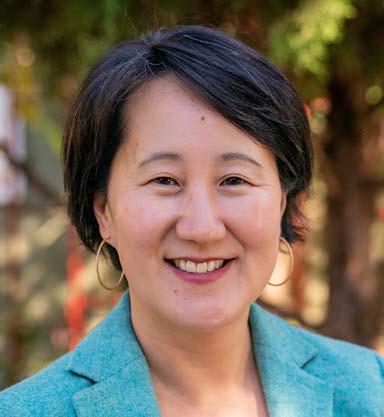 Lisa Sun HEAD OF SCHOOL
Lisa Sun HEAD OF SCHOOL
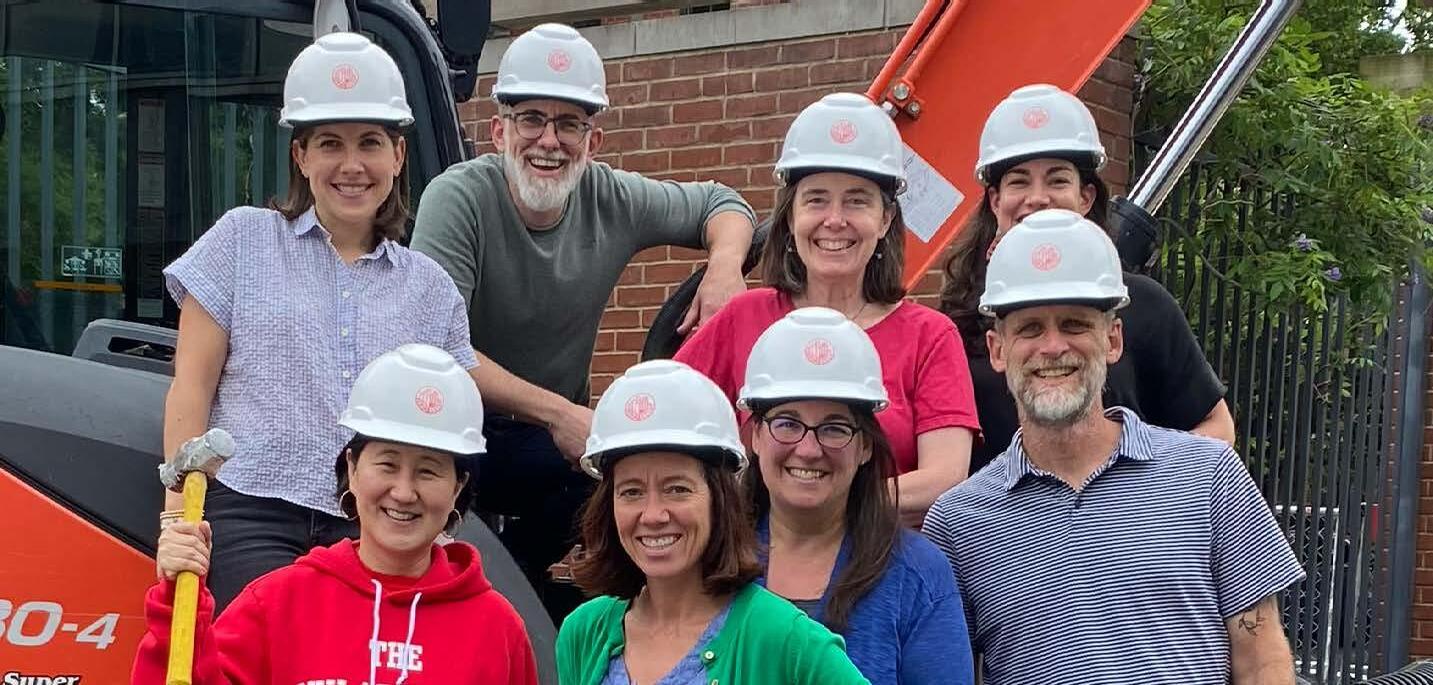
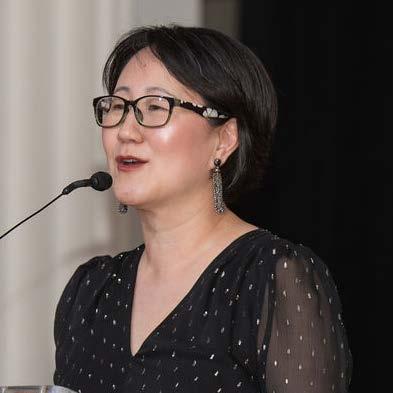
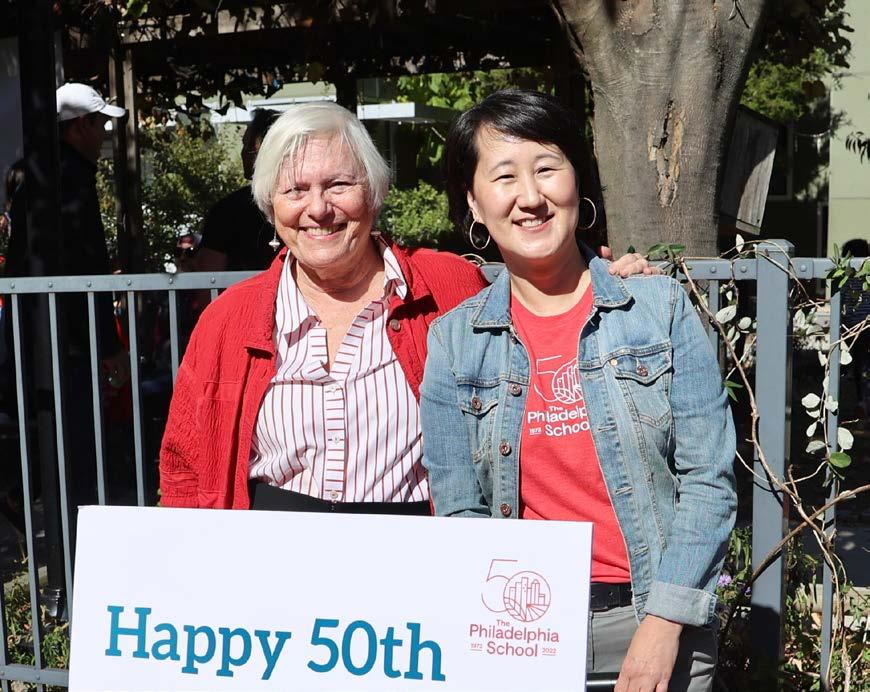
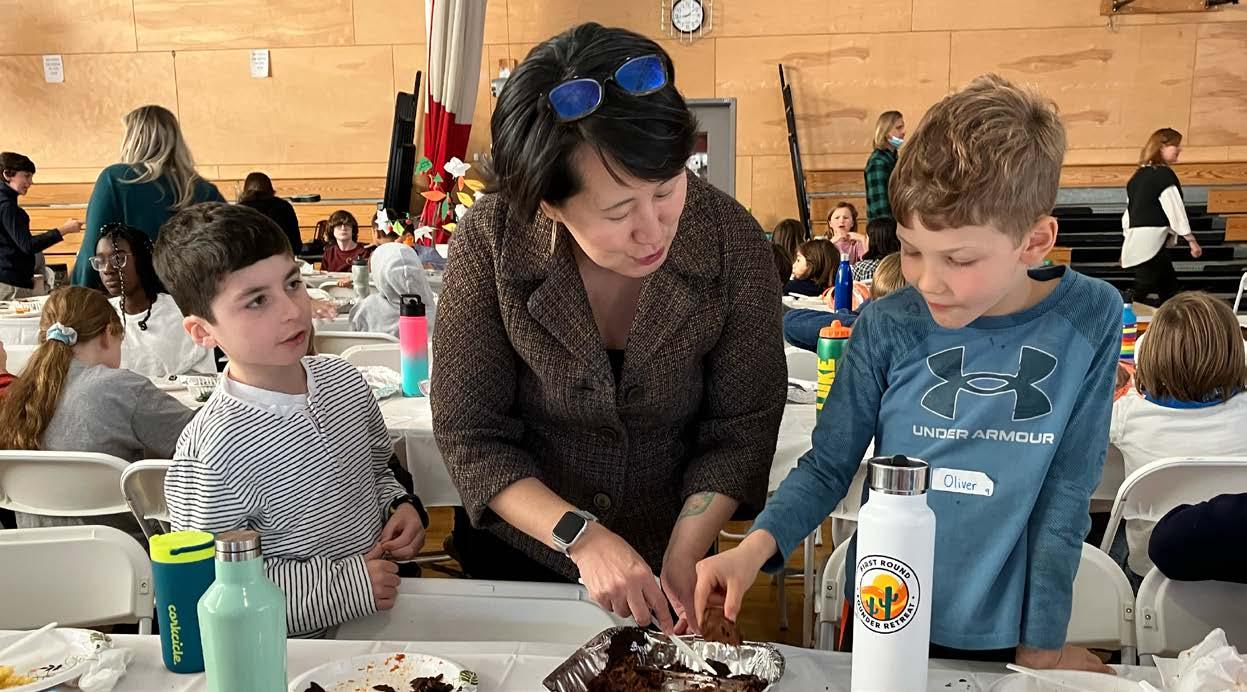
successful matriculation of graduates to competitive independent and public high schools, resulting in 100% of students attending one of their top three choice schools.
This spring has brought the new spaces in the Lombard building to life like never before. A few weeks ago, we welcomed grandparents and great friends for performances in the Commons. Our teaching kitchen was abuzz with middle schoolers taking mini courses on making breakfast, cookies, Puerto Rican food, and more. And with the spring weather in full swing, students enjoyed their time learning and playing amongst newly blooming flowers in the Lombard Yard. Seeing these new spaces in use has filled us with so much joy, and we extend our deep gratitude to those who helped to make these renovations possible.
With the renovations of last summer feeling fully integrated into our building and program, we are pleased to announce the next phase of the Ours to Shape campaign! Over the summer, TPS will begin Phase Two of renovations and transform the west side of our lower level (currently known as Patagonia). These renovations will create a new STEAM Collaborative space, or “Collaboratory,” that will integrate art, science, robotics, and technology & engineering, creating a modern and dynamic environment for students to learn and create together. Each room will flow into the next, allowing for progressive education to thrive.
While the programming and scheduling is still being finalized for how the Collaboratory will be utilized, our vision is that all students in grade 1-8, as well as students in clubs, will have the opportunity to utilize these new spaces. We will use the next few years to observe, pilot, and iterate to determine how best to maximize the space.
We invite you to explore renderings of the new classrooms, including highlights about the programmatic enhancements that will take shape in these amazing spaces.
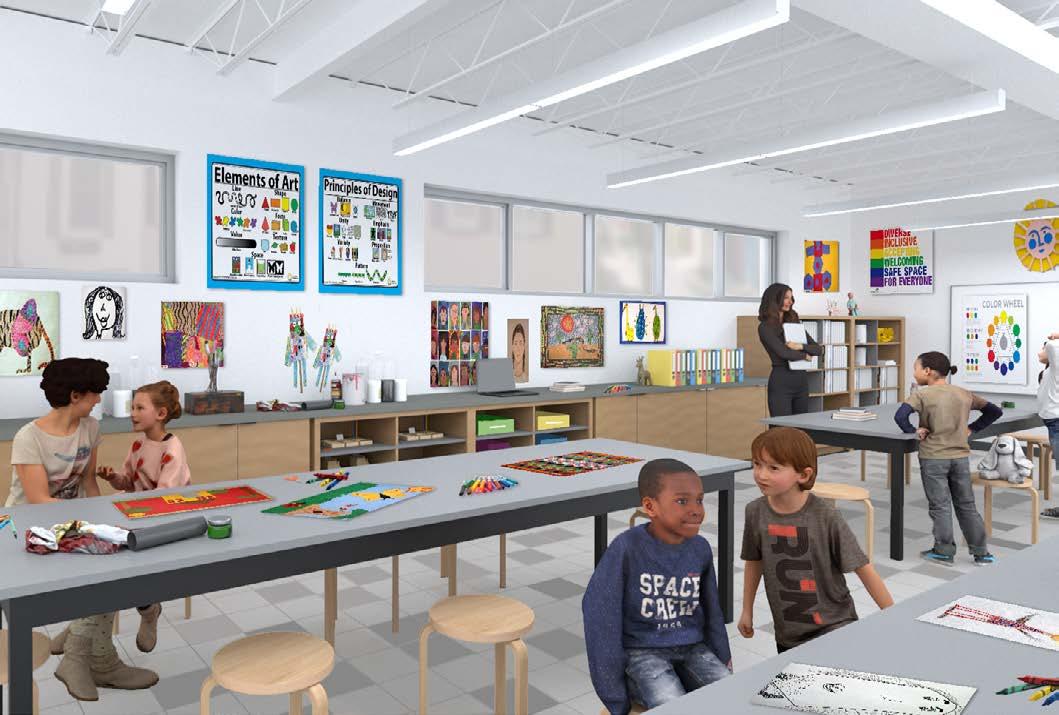
A new art studio will be created as part of the STEAM Collaboratory, allowing for integration with science, technology, engineering, robotics, mathematics and music. Highlights of the space include new windows allowing for more natural light, sound proofed walls and higher ceilings to allow for better concentration for students. There is also more shelving and storage for art supplies, and the ability to add a kiln in the future.
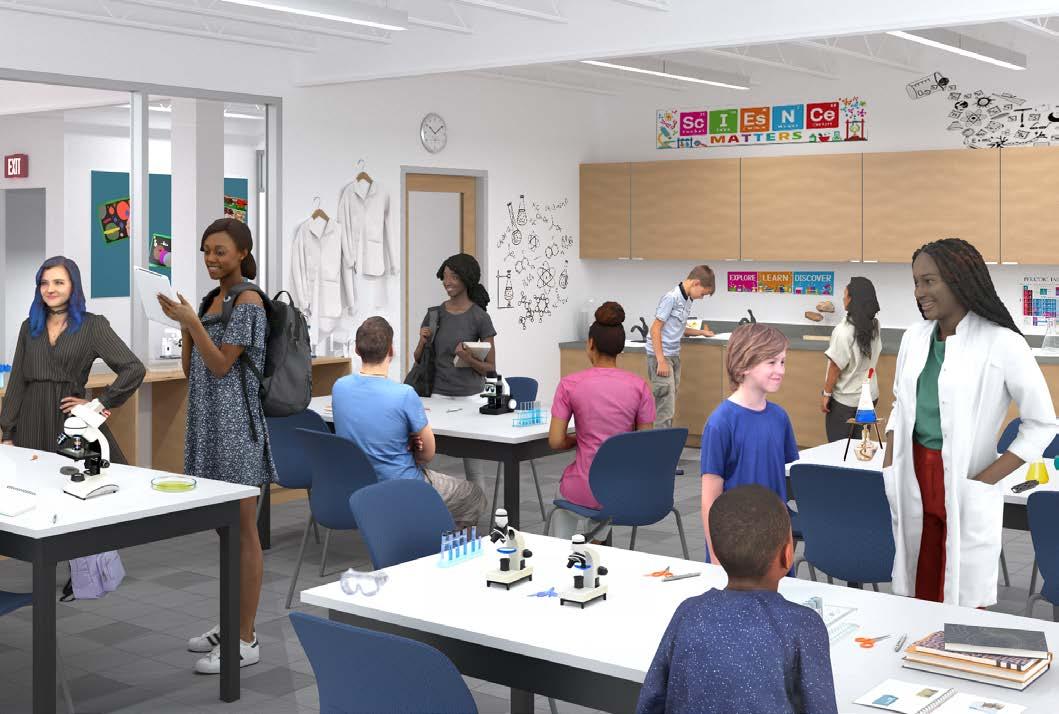
We are creating a dedicated science lab that will primarily be used by middle school students next year. However, our long-term vision is to create a space for collaboration across academic disciplines and grade levels. In the future, students of all ages will be welcomed into the Collaboratory to conduct “crazy science” experiments, to build structures brick by brick, and utilize new tools to develop into invention-literate, solutions-oriented, problem solvers. Better still will be the chances to integrate the thematic and core academic magic already happening in TPS classrooms.
TPS’ first-ever, dedicated STEAM class, which premiered in 2019 with Junior Unit’s Full STEAM Ahead, will transform into “T&E” or “Technology & Engineering” with the opening of the new Technology and Engineering Lab in the fall. Fifth graders will build off of their circuitry knowledge to create robotic mechanisms on top of their new RVR+ model robots, diving into breadboards, microprocessors, and modularity. Electrical engineering will still be the name of the game for fourth graders, with a continued focus on how to electrify light, sound, and motion.
Additionally, the sixth grade’s 3D Design class will become Design Thinking, focusing on the Stanford d.school’s worldchanging framework for prototyping solutions to modern problems. The fabrication lab will expand to include equipment beyond Prusa and BambuLab 3D printers as we’ll be adding an AnyCubic resin printer and a xTool laser engraver and vinyl cutter, which combined with this year’s successful pilot of a VR design curricular unit, will make the sixth-grade yearlong experience one-of-a-kind.
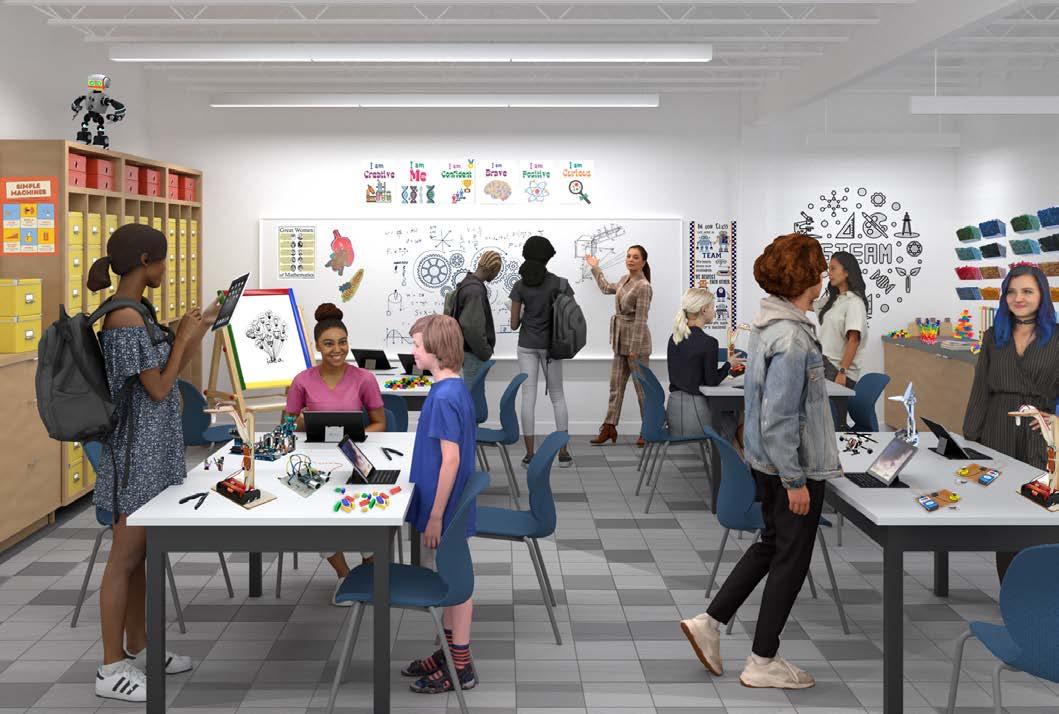
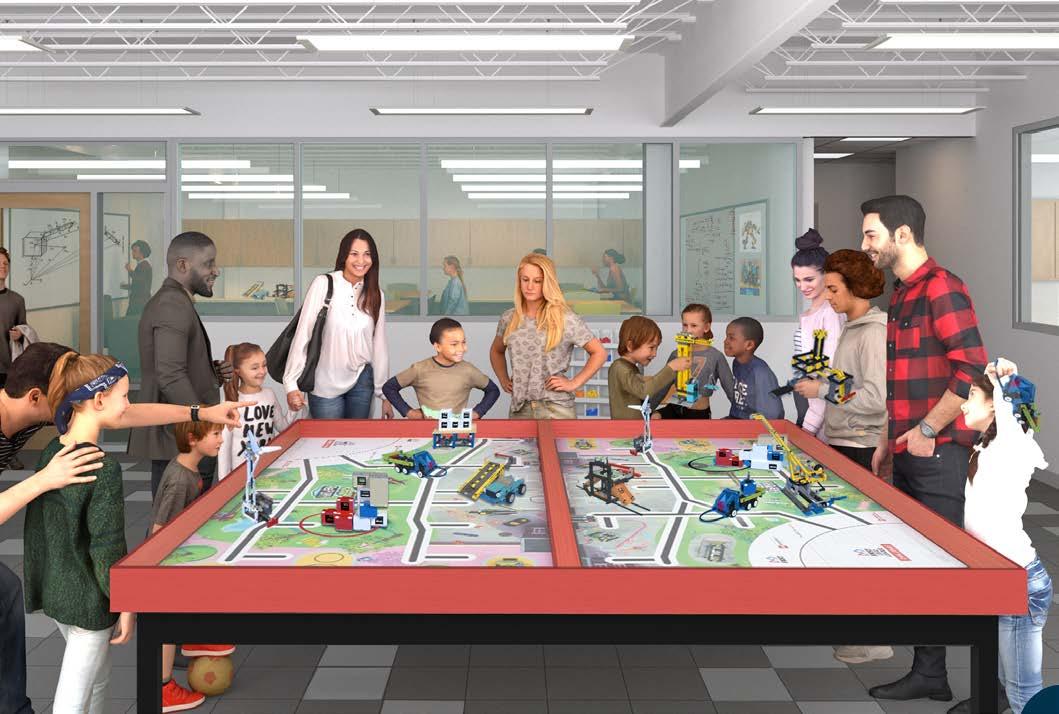
In the new Robotics Lab, next year’s class of seventh graders will hope to build off their predecessors’ success and compete again at the FIRST Lego League Challenge Pennsylvania State Championships for a chance at Worlds. Mission tables will be out at the beginning and stay out for increased time to tinker, code, and iterate on their competition bots. With the addition of new makerspace equipment, the list of possibilities for their innovation project deliverables can only grow.
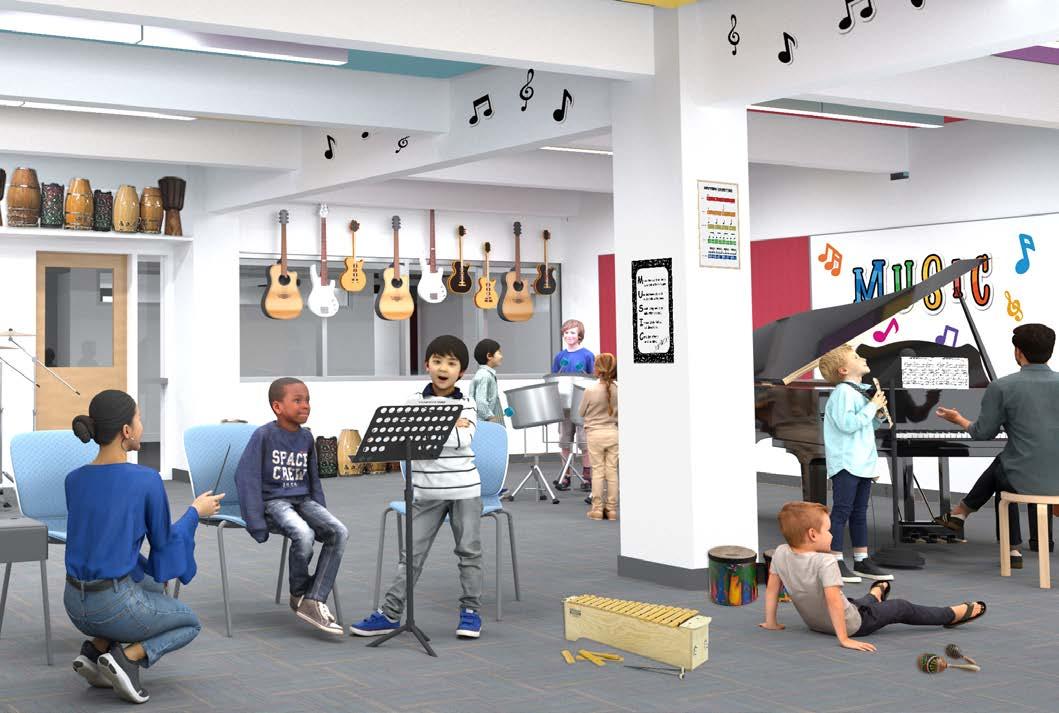
Phase 3 of the project, projected to take place over the summer of 2025, will transform our music rooms. The largest music room will become two classrooms and the rooms will be brighter and lighter with new lights and windows. The rooms will be soundproofed and there will be ample storage space for instruments. Although the music spaces will not be complete during phase 2, we look forward to opportunities for integration and collaboration of music with the adjacency of the STEAM Collaboratory.


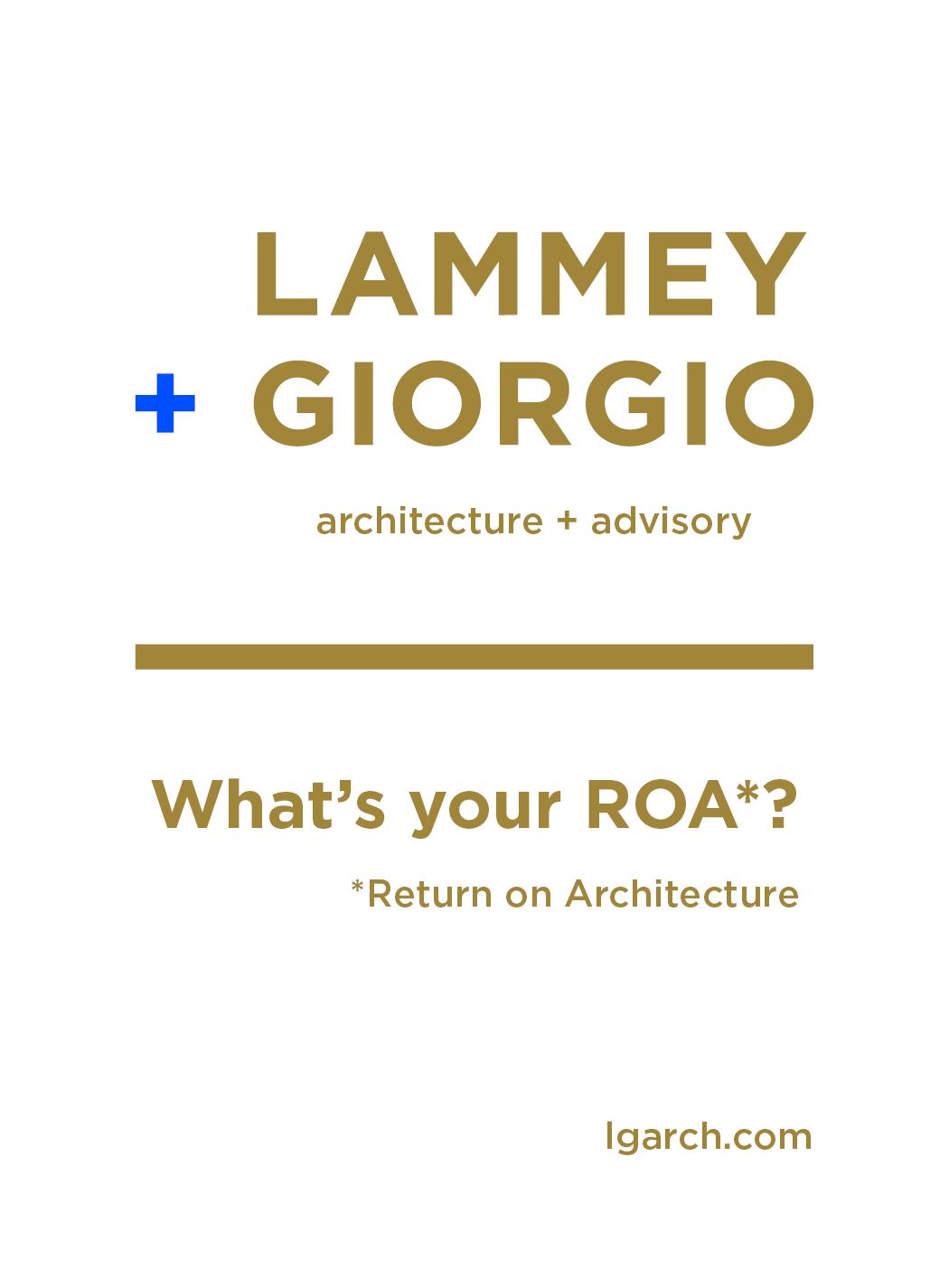
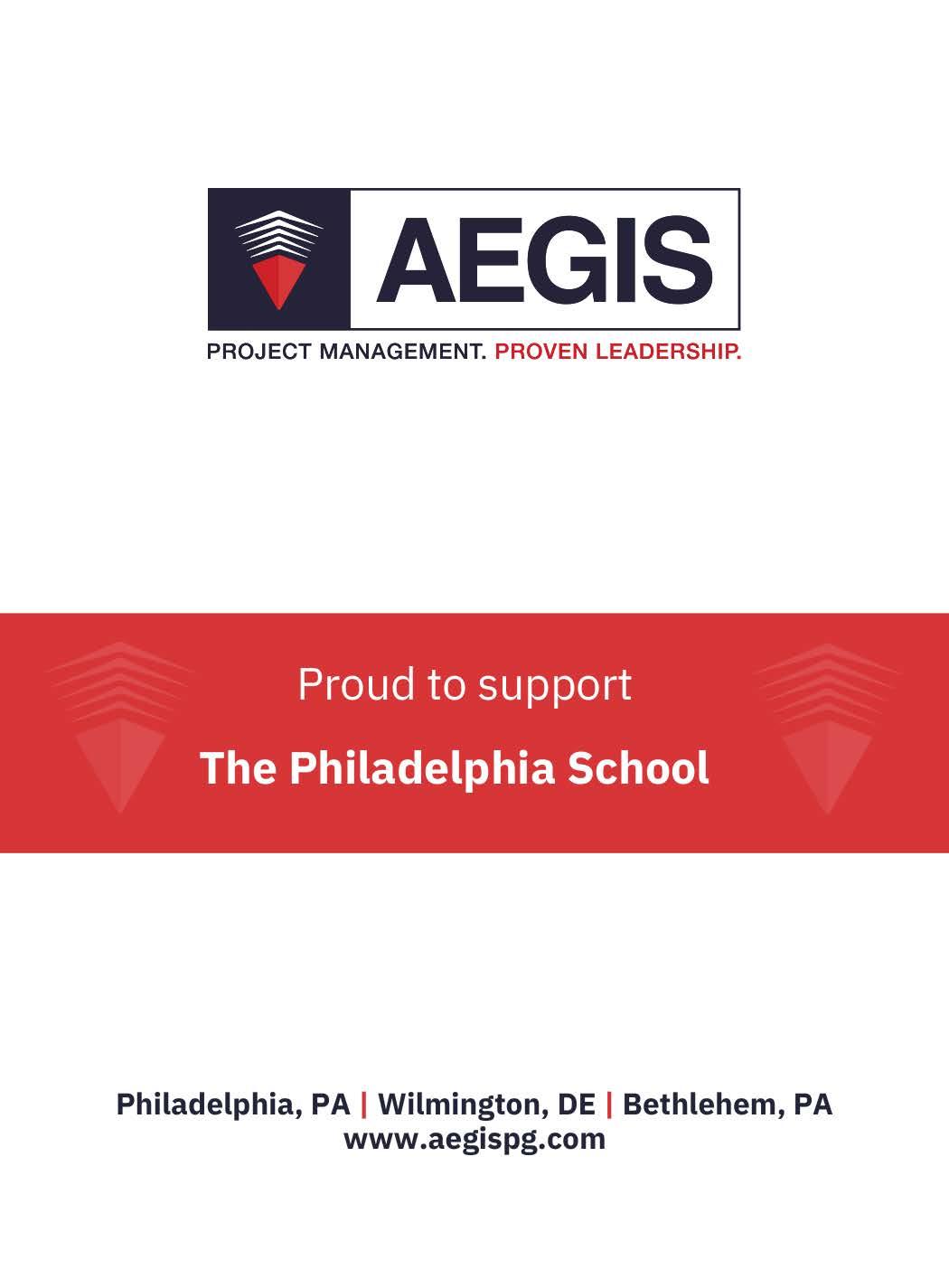
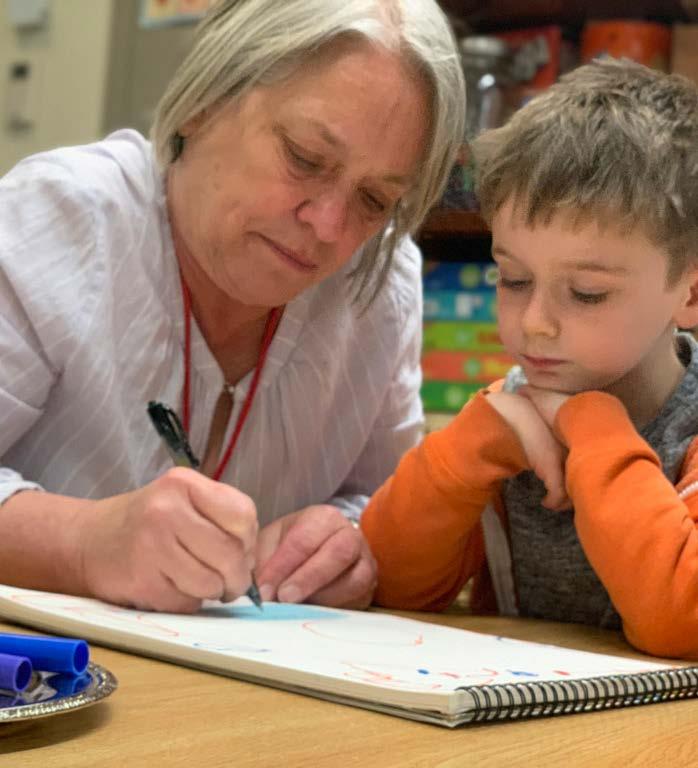
At The Philadelphia School, we follow a thematic approach to teaching and learning, enabling students to experience the interrelatedness of disciplines and to see how they apply to their world. Our teachers tap into children’s innate curiosity to wrap curriculum around topics of interest. The project approach allows teachers to weave curricular goals and skill development into large-scale, hands-on experiences. Learning experiences fit a variety of developmental stages, interests, and learning styles.
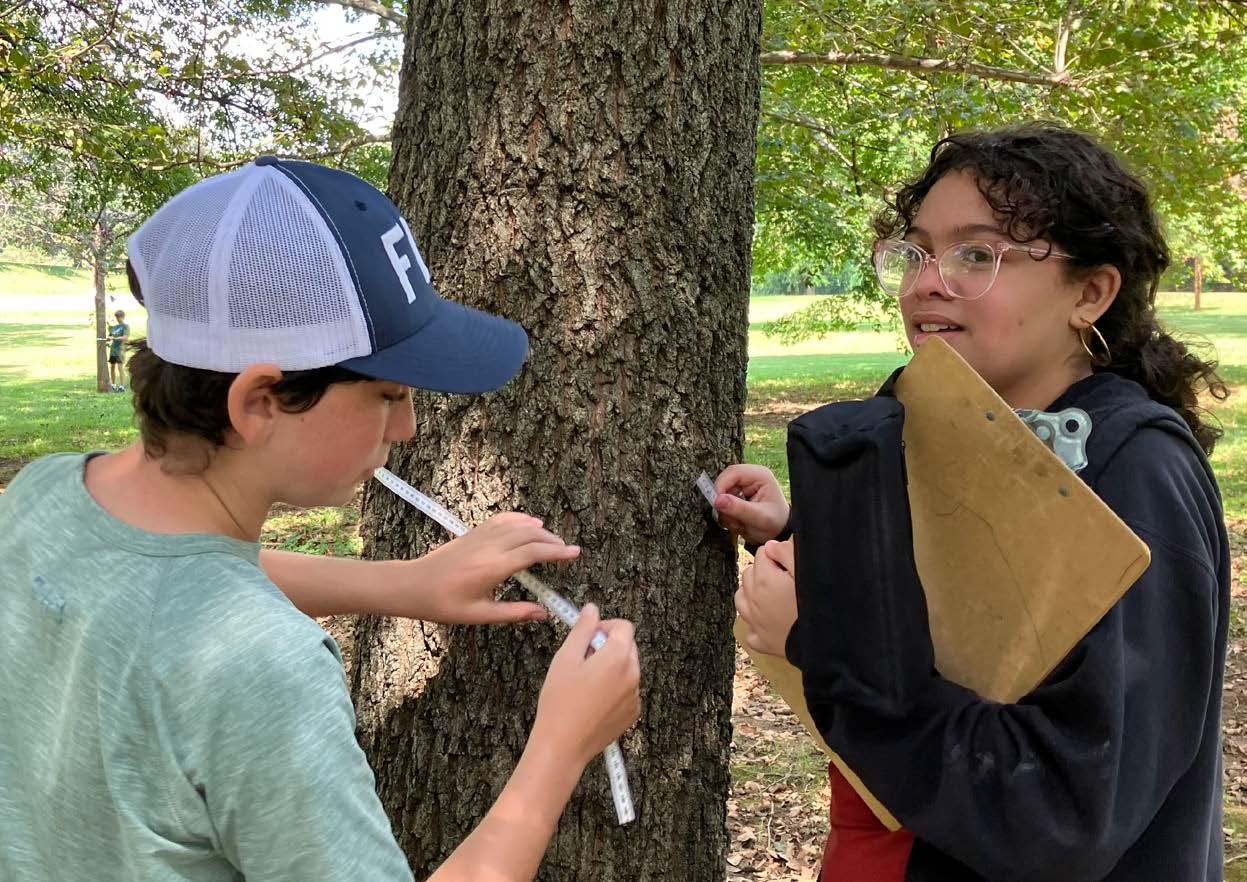
Student voice and choice are central to engaging students deeply in their work across all ages, but at each developmental stage, this looks different. In preschool, units arise organically from their own questions. This requires teachers to be experts in listening, observing, and then deftly pivoting to ensure that units both capture students’ imagination, and offer opportunities to practice fundamental skills.
Preschool teachers listen intently to what students express interest in and what activities have sparked their curiosity. This year, a recurring theme has been dragons. Each class unveiled the theme by reading Duncan, the Story Dragon and the Dragon Master series. With their new roles as dragon masters, each class approached project work in unique ways, with teachers harnessing students’ enthusiasm for skillbuilding and development.
Preschool A built castles, told dragon stories through yoga poses, and acted out their own inspired dragon movements with colorful wands. They learned about other aspects of storytelling alongside their dragon study, acting out stories for their peers and listening to short stories in Spanish class. Head of School, Lisa Sun, visited and shared her “me” book, so students could learn about her and her family. This variety of activities provided practice with gross and fine motor skills, understanding story structure, attentive listening, and social engagement.
Preschool B dreamt up ways to convert their loft into a dragon cave and a castle, having had the chance to view pictures of castles from around the world for inspiration. They also made their own dragon stone necklaces, carefully spelling out their names, and made a wizard’s workshop. Students also had the chance to learn about the Chinese Dragon Dance from TPS staff member Maisie Chan. Throughout this work, students experienced opportunities for counting, letter recognition, patterning, and developing and testing new ideas.
The direction of this study was shaped by ideas and questions from the children and patterns that emerged from their exploration and play. Throughout it all, teachers leveraged their mental map of the next stages in child development and learning as they sought connected challenges to put before their young learners.
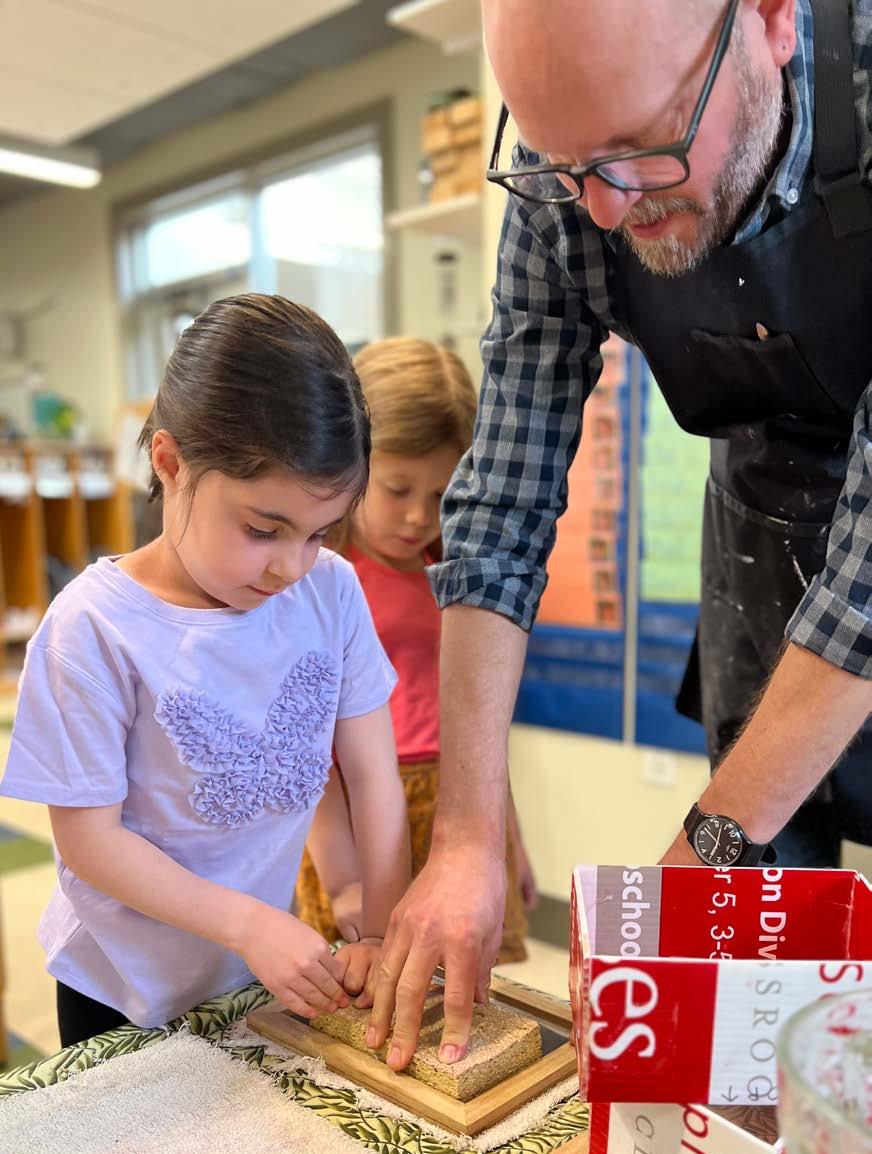
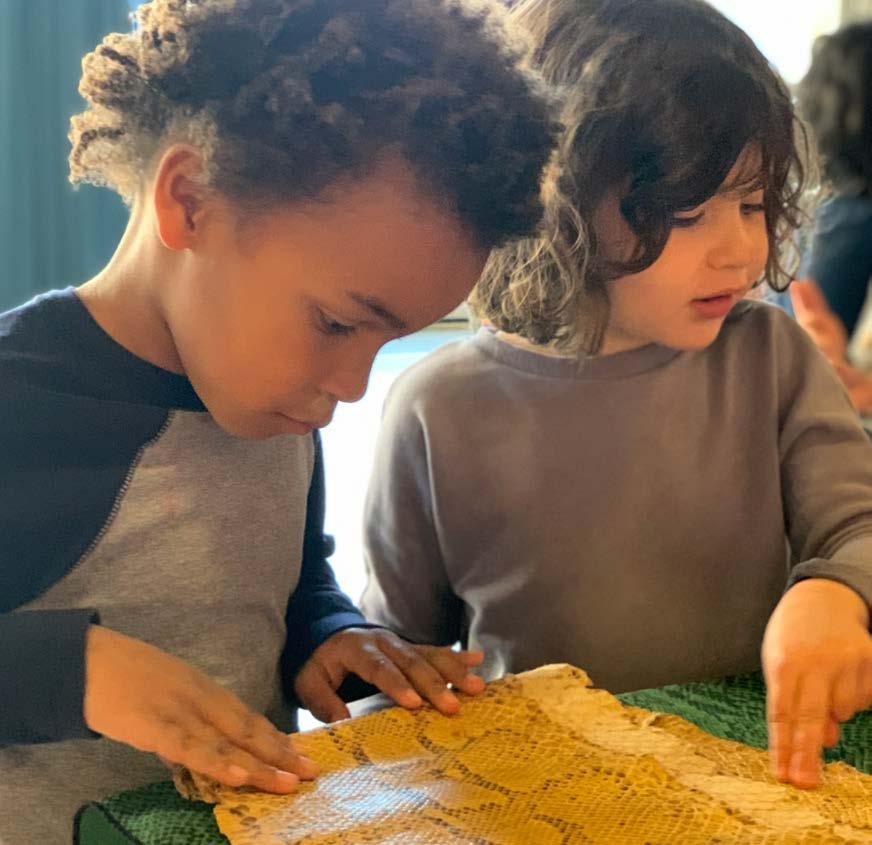
Each year, kindergarteners work on their friendship toolboxes! This annual study gives students the tools they need to recognize their own feelings and those of their peers, solve conflicts, form meaningful relationships, and make responsible decisions for themselves and others. While these concepts are fairly abstract, the toolboxes make them tangible, fun, and more easily practiced.
Students began this study with some basic questions. “How do feelings appear?” “How do you make friends?” and “What do you do if you are mad at a friend, or they are mad at you?” As they started to think about their toolboxes, they first examined traditional tools such as a hammer, a paint brush, scissors, and more. They recognized that while all of these tools are helpful, none of them can help them work through uncomfortable feelings or solve conflicts. With that in mind, they began decorating their own friendship toolboxes that they could fill up with new tools each week:
The Feelings Thermometer: a physical reminder of how to better understand one’s own feelings and find strategies to settle back to a place of calm or the “green zone.”
Optimism Glasses A tool to help see things in a more positive light!
I-Statement Microphones: This tool supports students in appropriately identifying their own emotions and expressing these emotions in clear and prosocial ways.
Break it, Fix it Tool: After a child uses their “I Statement Microphone” to share feelings with a friend during a conflict, the children hold up their “Break it, Fix it” tool and say, “Let’s fix it!” This tool teaches children how to engage in an apology of action rather than merely saying “sorry.”
Win/Win Solution Card Through practicing negotiating win-win solutions, children learn how to brainstorm multiple solutions to problems and how to reach a compromise which is satisfactory to everyone.
Moving On Tool: This tool is a promise to try to “move their heart to a new feeling” rather than remaining angry or frustrated or continuing to talk about the conflict.
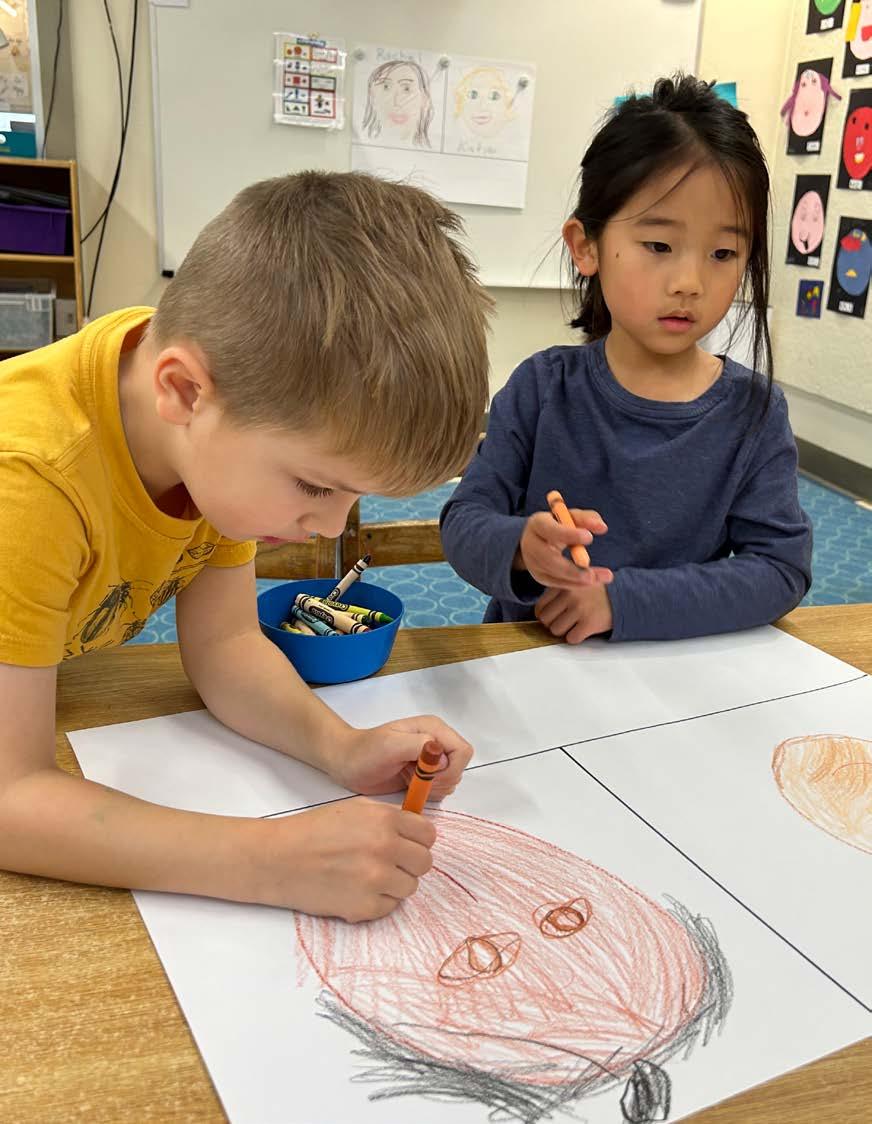
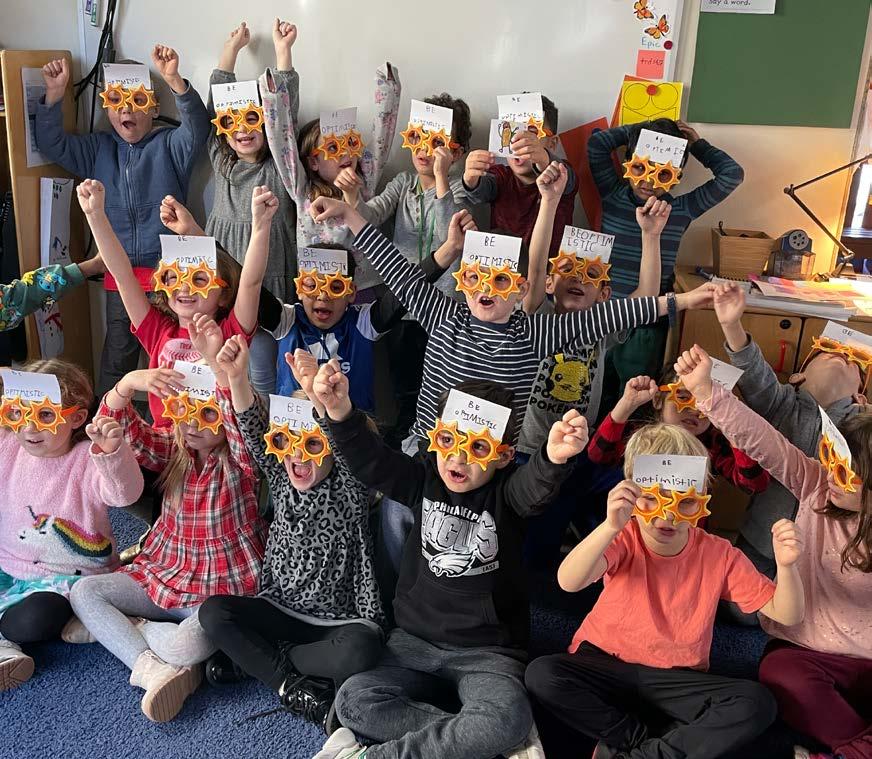
All of these tools are important as children develop and grow and they can be used for all the years to come. While they are tools that can be used on the playground or in the classroom, students also learned they can be used to make their communities a better place. If they see something that strikes them as unfair, they can express those feelings, find restorative actions to right those wrongs, and consider solutions that work on a larger scale such as writing to their legislator, organizing a neighborhood cleanup, or volunteering at a local non-profit. Even at a young age, it’s important for them to know they have agency and the ability to take action to make the world a better place!
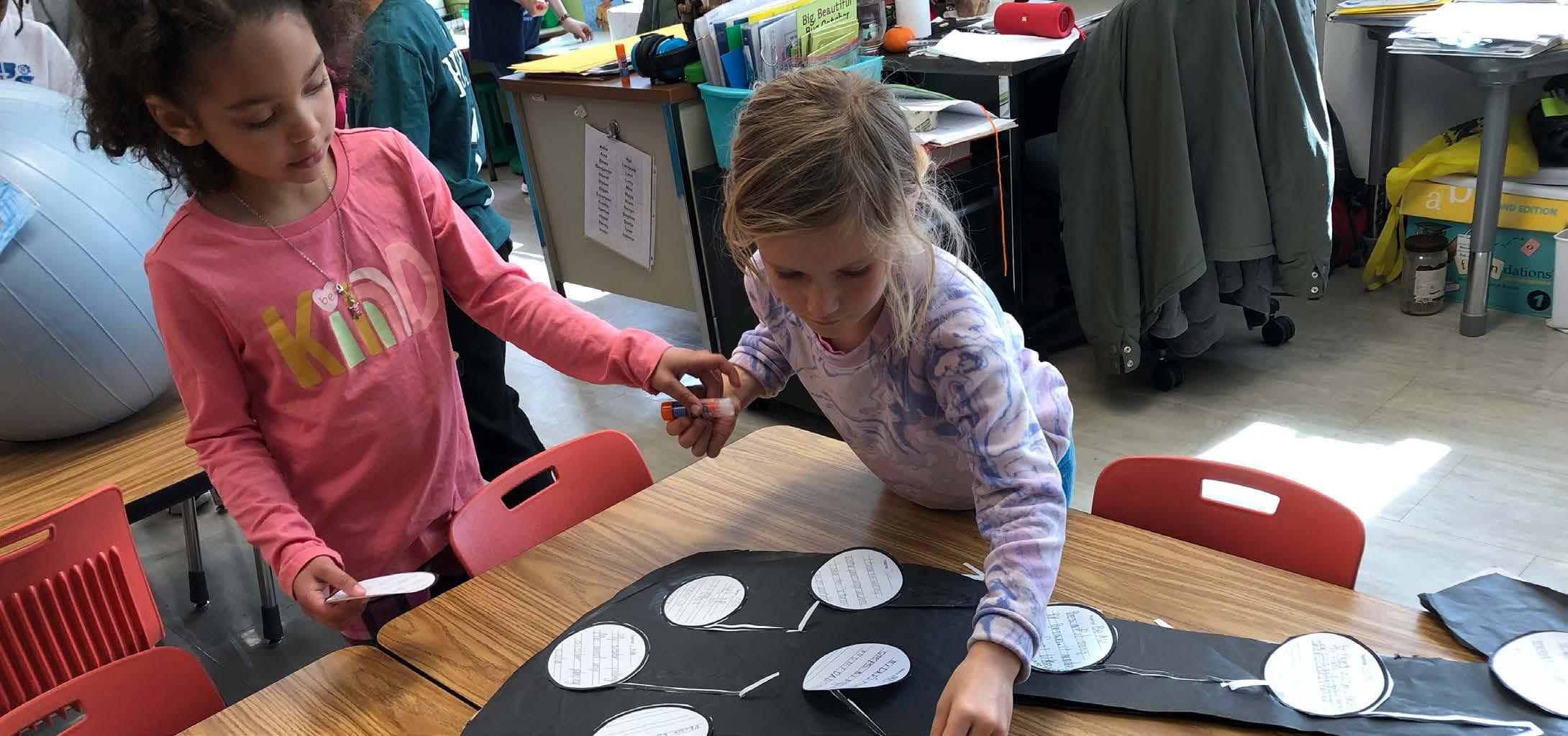
For their winter study this year, the Primary Unit explored their culture and identity. Through this work, each student became a budding cultural anthropologist, learning about each other’s identities, how they see their own identity, and what traditions, foods, languages, and celebrations are a part of each other’s cultures. The study culminated in a “What’s Your Story?” Museum curated by each class for their families.
Students started out by finding different connections they had with each other. From siblings, to favorite foods, they found there was so much that brought them together, but also so much that made each of them unique. They talked about the “identity iceberg” and how many things about who they are may not be visible to others. A key takeaway was how important it is to not make assumptions about others and how each person’s story is important. Classes then spent each week sharing their family’s traditions, values, beliefs, religion, foods, and languages.
At the same time, students learned that they would be curators of their own museum display to showcase all of the different aspects of their culture and identity. From sharing in class to discussions at home, there was so much for them to show! Exhibits would include songs, writings, videos, drawings, and food. To learn more about museum experiences, classes
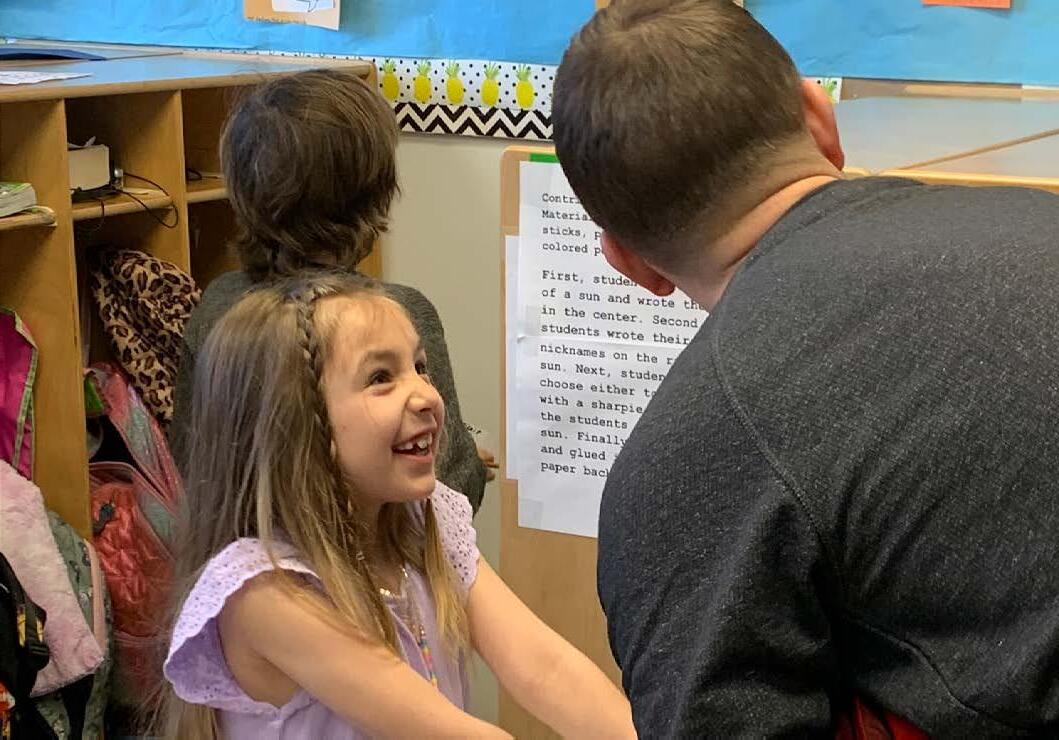
read Milo’s Museum by Philadelphia author, Zetta Elliott. They learned about taking on the role of curator and docent and how to create exhibits to tell a story. Classes also visited the Penn Museum and the Pennsylvania Academy of Fine Arts to learn about different cultures and art from around the world, but also to get inspiration for their own museum displays.
Not only was this an exploration of what culture is, but a chance to create a positive self-identity that they could be proud to share with others. Families were invited to browse the museum exhibits in a celebration of uniqueness, creativity and connection. We were so proud of the amazing creations that the Primary Unit cultural anthropologists presented!
In third grade each year, students explore their year-long theme, Building a More Fair USA. Starting in the fall, they begin asking questions like “What is fairness?” “What is history?” and “What is equity and what is equality?” Guided by current events and an often fraught history of discrimination and oppression, classes build upon their understanding of our country through a lens of social justice. The culmination of this study is a play written by the students, weaving their newfound understanding of activism and citizenship into their creative process. With their questions from the beginning of the year now answered, students ask in their plays, “How can young people enact change and make our country a fairer place for everyone?”
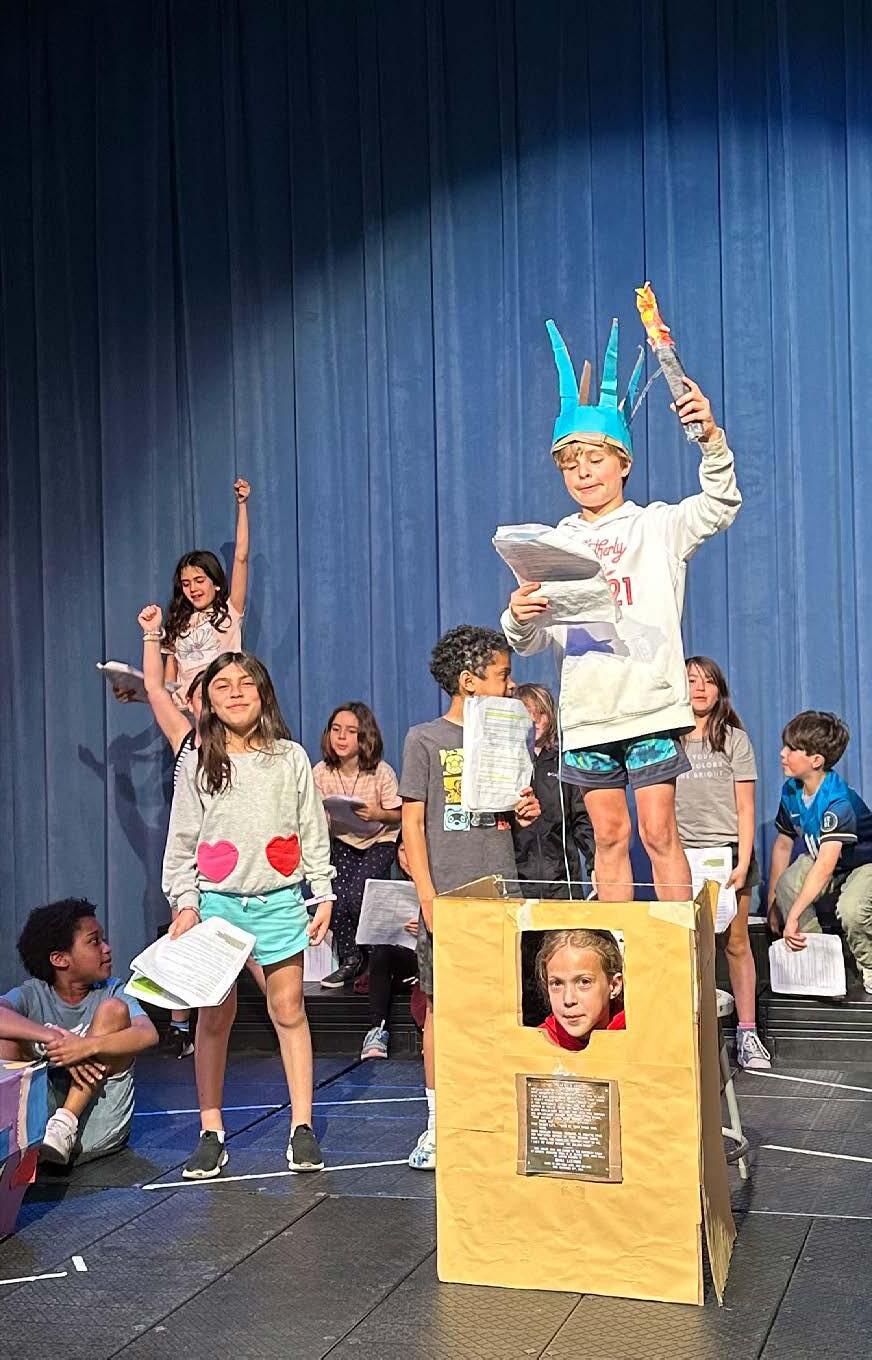
The Creative Process: Starting just after spring break, classes begin working with theater arts experts to help them get into the mindset of actors and playwrights with games, warmups, and brainstorming sessions. Later, they help with drafting scenes, understanding stage directions, finding their voice, and the use of body language to convey actions and themes throughout the play.
With these building blocks, students begin to practice, practice, practice! Roles are assigned, scripts completed, and rehearsals begin. This year, students performed these two plays:
3A: In The History Museum: Fairness Adventure, 3A students went on a field trip to a history museum. Among the artifacts were some that could talk and others that had the power to bring students back in time to learn about that point in history. They met historical figures such as Eleanore Roosevelt, Mary McLeod Bethune, Marsha P. Johnson, Sylvia Rivera, and Georgia Gilmore. As they learned about their contributions to civil rights, gay rights, and ending child labor, they explored themes of resistance and solidarity in the face of discrimination. Students emerged from their field trip across time knowing that anyone can make the world a more fair place with passion, hard work, and determination.
3B: In the play Mission Possible performed by 3B, students were assigned a project to make a quilt symbolizing the parts of OUR history that they have learned about in Theme. This project becomes a secret mission for the students, as they gather information and make the quilt, inspired by books they read during the year! However, they soon find out that some of the book pages are blank! After a student comes across a magical piece of sea glass, allowing them to travel, fill in the blank pages with important history, and finish the quilt. Students now understand that each person has the power to make change that students as young as eight, just like the ones in the 1963 Children’s March, can make change which will affect the world for the better.
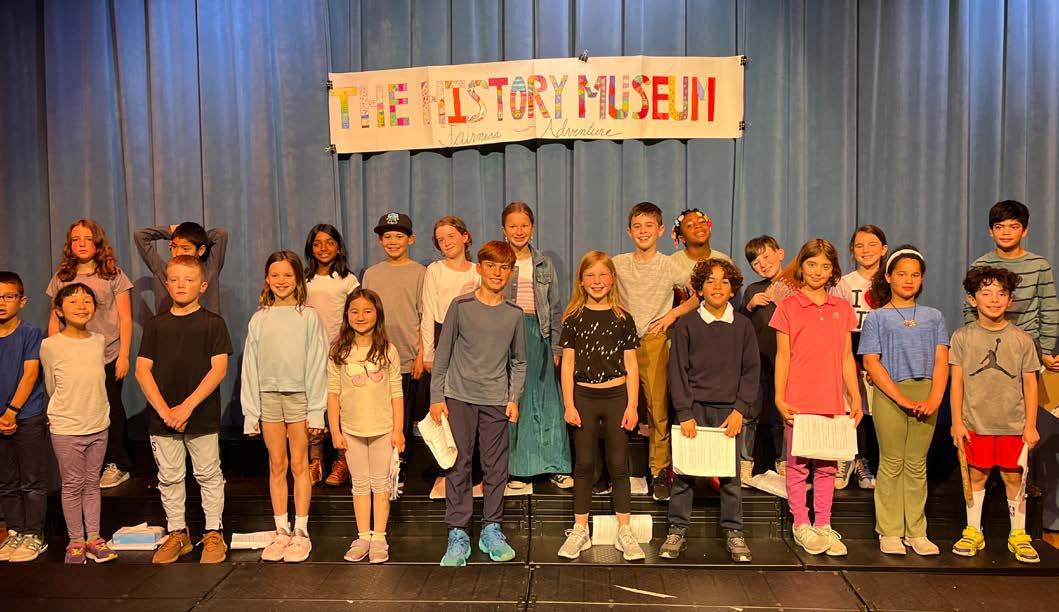
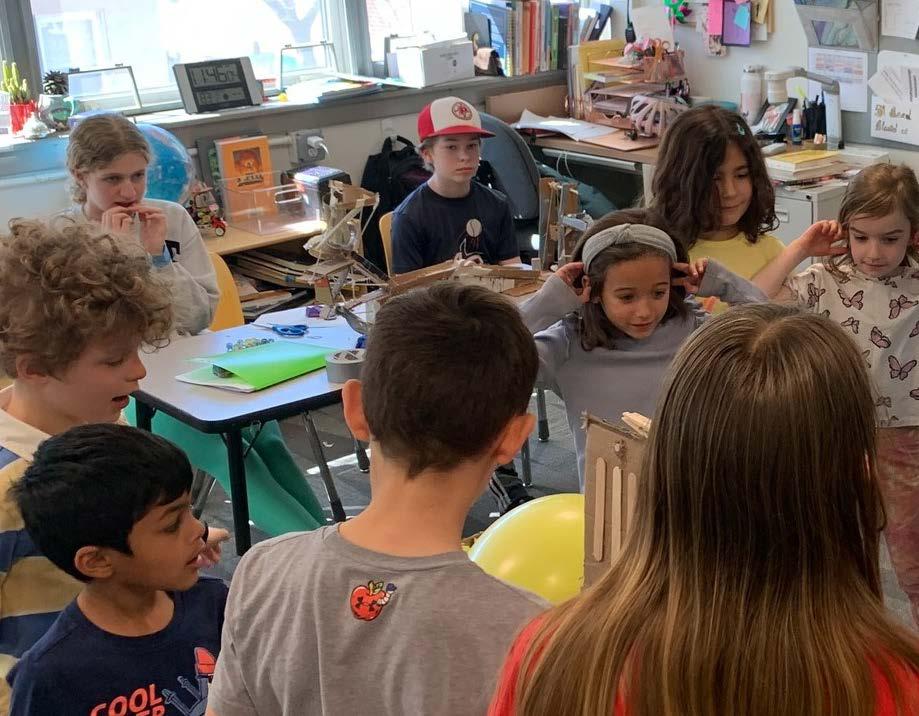
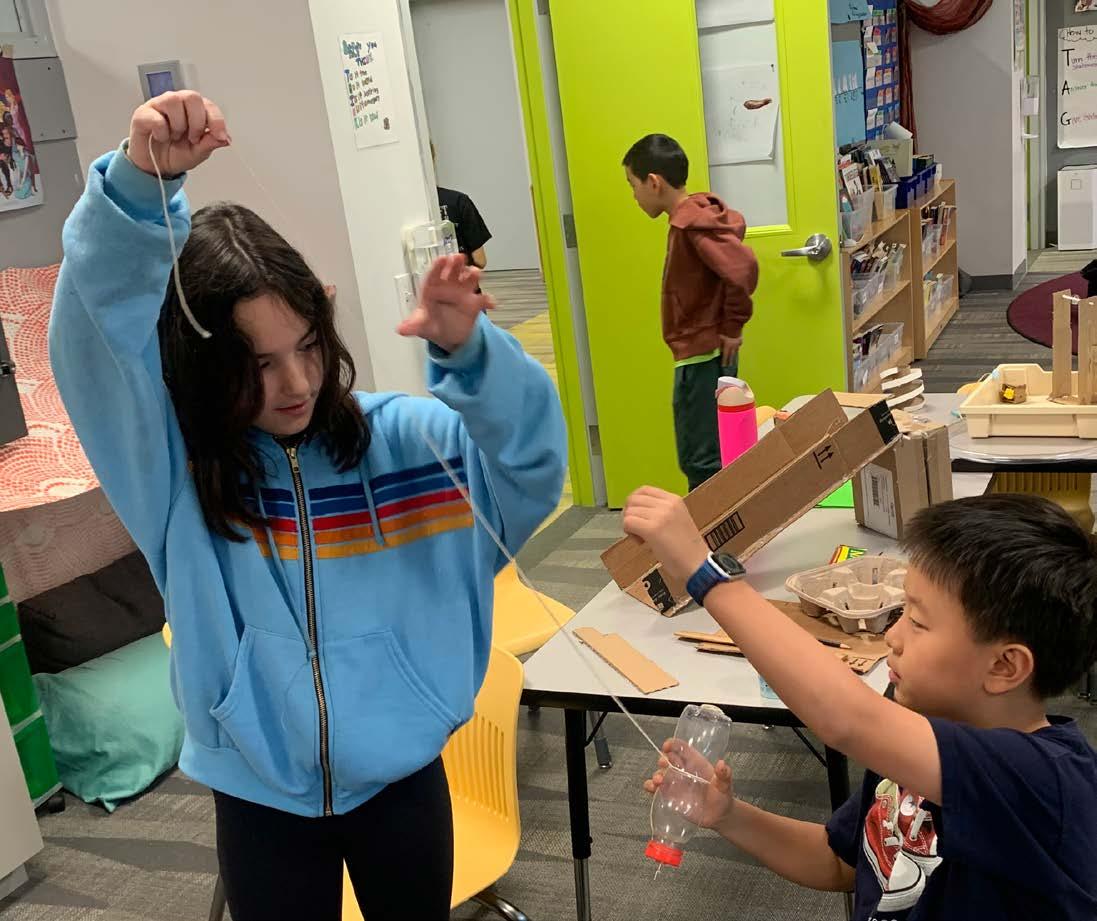

This year, Junior Unit students have been studying simple machines, tackling the overarching questions, “How do humans do work?” and “How do we make work easier?”
This hands-on study has been introducing new parts of simple machines each week and culminated into a learning celebration of students’ Rube Goldberg machines.
After starting with some background information on Newton’s Laws of Motion, students were introduced to Rube Goldberg and his cartoon machines. A Rube Goldberg machine is a simple machine designed to do a specific task, but in an overly complicated way. These machines were depicted in newspaper cartoons starting in the late 1920s and have left a lasting cultural impact.
Each week, classes were introduced to new simple machines like wheels, axels, pulleys, levers, and wedges and conducted experiments by building and testing each part themselves. After working in the classroom, they went on a field trip to FDR park to connect their learning of simple machines to the different playground structures. Students went on a scavenger hunt to find inclined planes, wheels and axles, wedges, screws, and pulleys. Once students identified the different machines, they worked to exert their force and energy as they tested the equipment and played with all of JU.
To finish this study, students partnered up to design their own Rube Goldberg machine using many different parts. They brainstormed a task for the machine to complete, thought about the initial design, and worked together on construction. Just before spring break, families were invited into the classrooms to see the machines in action and learn all about the hard work that went into making them.
Project work in middle school connects multiple disciplines from art to music to science to poetry to math. For example each year sixth grade students learn about chocolate production in the annual study of “Choconomics.” This crosscurricular study incorporates math, the economics of modernday chocolate production, a look at fair trade, in addition to forming collective working groups, marketing materials, and recipes for making their own chocolate bars from scratch.
In their year-long study of Africa, these 6th grade students explored a variety of topics such as the diversity of the continent’s biomes, the plants and animals of the Congo River Basin, ancient Ghanaian folktales, the innovations of ancient Egypt, and African resistance to European colonialism and enslavement.
Students read about the historical and global migration of the cacao plant and the production of chocolate, starting in South America and now largely centered in West Africa. They learned about Kuapa Kokoo, a fairtrade-certified organization in Ghana, by reading case studies of individual cocoa farmers. They began discussing the difference between fairtrade and free trade, and students learned about the mathematical side of fair wages in math class.
Using the new teaching kitchen, students prepped the raw cocoa beans, ground them down, worked out the ratio of sugar and milk needed for their unique bar, and tempered and poured their bars to be wrapped and enjoyed. The new space gave students the chance to work with commercial kitchen equipment and gave them an enhanced look at the production process!
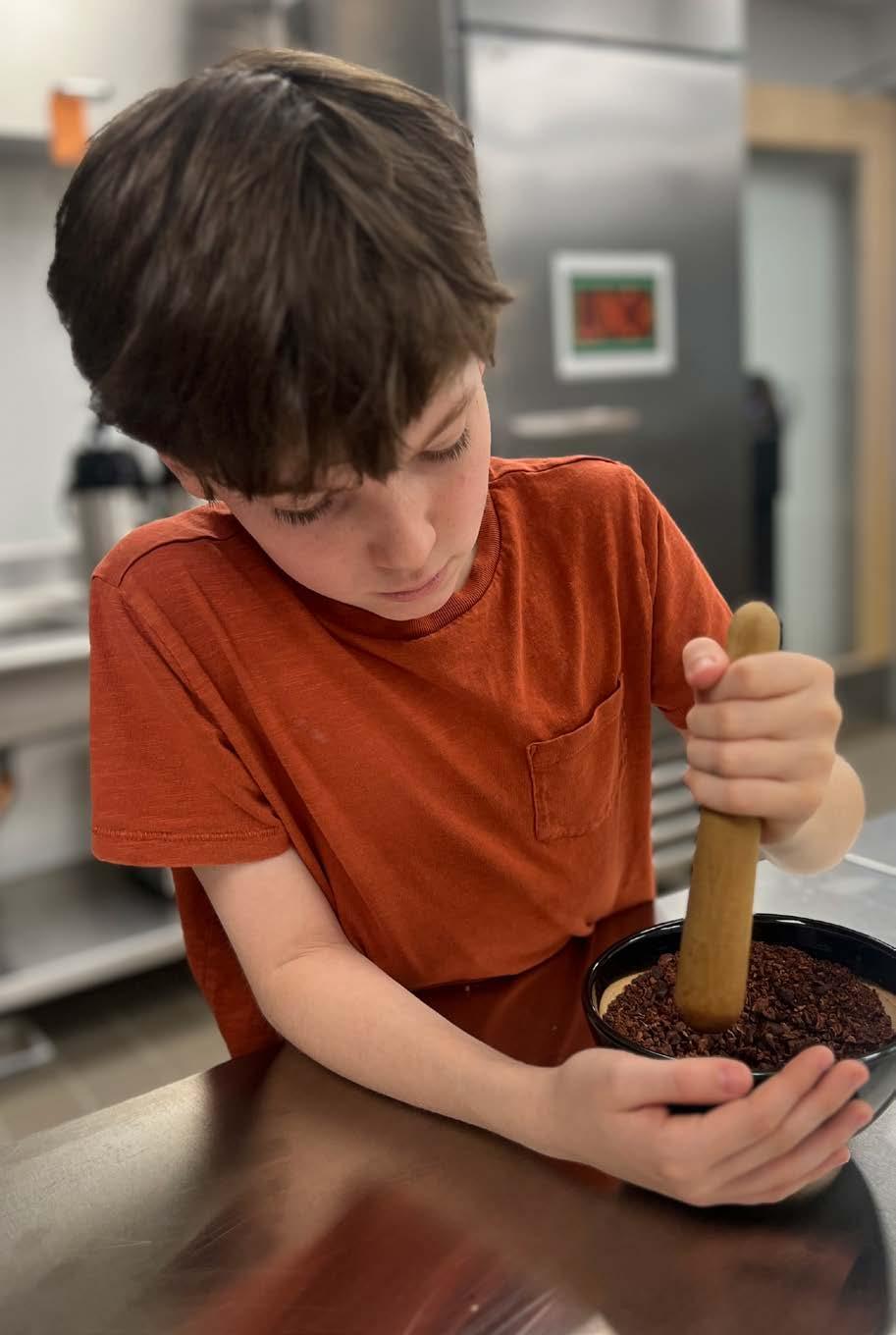
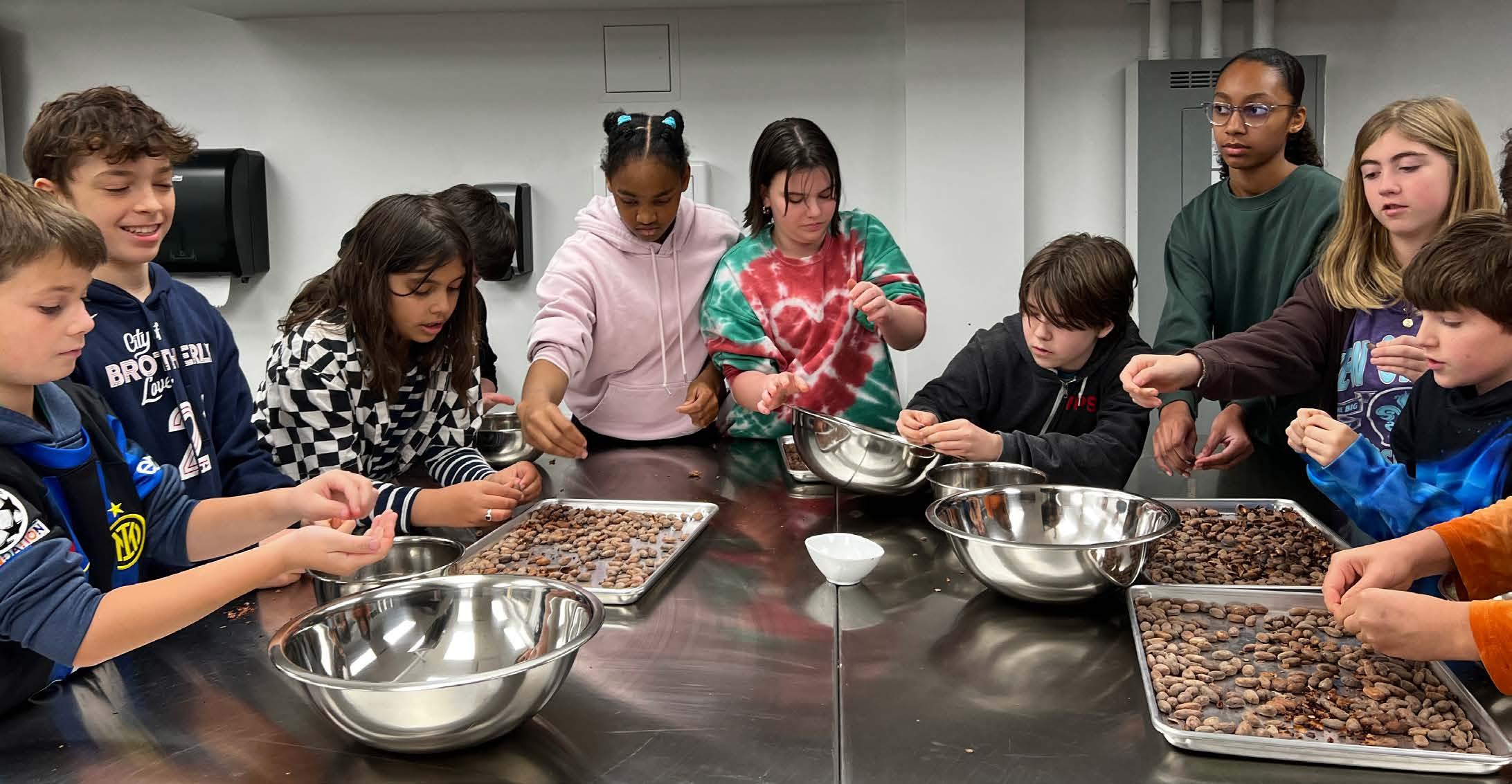
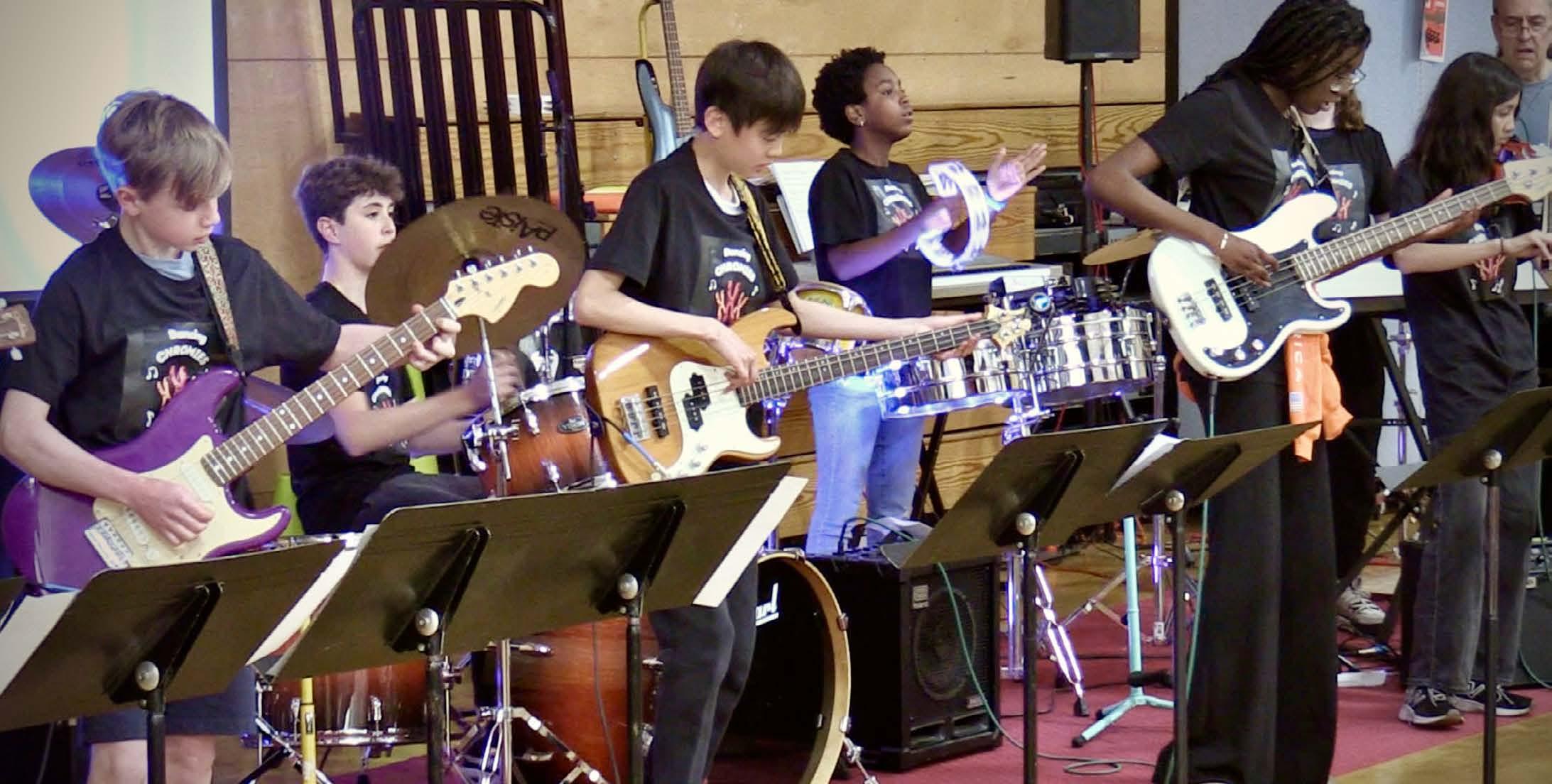
TPS holds a lot of different musical performances throughout the year. We have recitals, the talent show, Encuentro singalongs, and more. Perhaps one of our more unique traditions is the 7th grade Rock Band performance!
Directed by music teacher Aaron Picht, 7th graders worked on their own versions of “Blame it on the Boogie” “September,” and “I Wanna Dance with Somebody” for months. Tying in their classroom study of the science of cells, students worked together on revised lyrics to make their own educational songs. In the spring, The Chaotic Chromies, Chromosome Crusaders, and The Dancing Chromies made their debut in the gym.
Rock Band was originally dreamed up by Virginia Friedman to align with the seventh grade science curriculum when they focused on geology. What started out as a fun pun, has expanded from just a geology-focused performance to incorporating a wide variety of studies over the years. Starting before winter break, students vote on songs, write new science-related lyrics, name their band, create shirts, practice, practice, practice, until they finally perform in front of the whole school at an Encuentro! Students play instruments they have never played before, work together as a team, and think creatively to produce the entire performance. Rock Band is as much a musical performance as it is about cooperating and creating joy together.
For the performances, the school gathered in the gym to watch the seventh graders perform the original songs and then their alternative version. Everyone had a great time and the whole school got up to dance! This longtime tradition never ceases to be a highlight of the school year and is the culmination of so much hard work and dedication by both students and teachers.
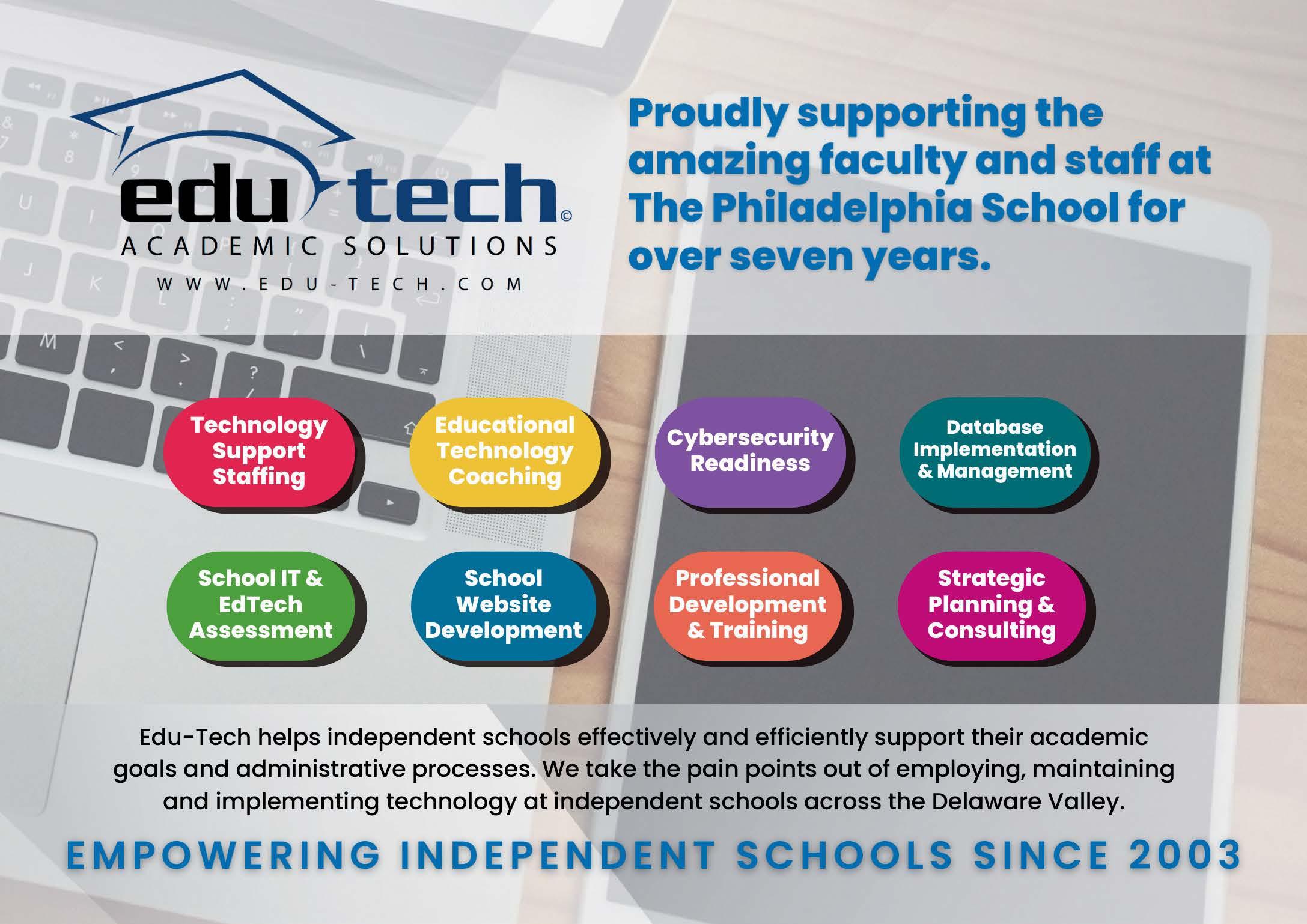
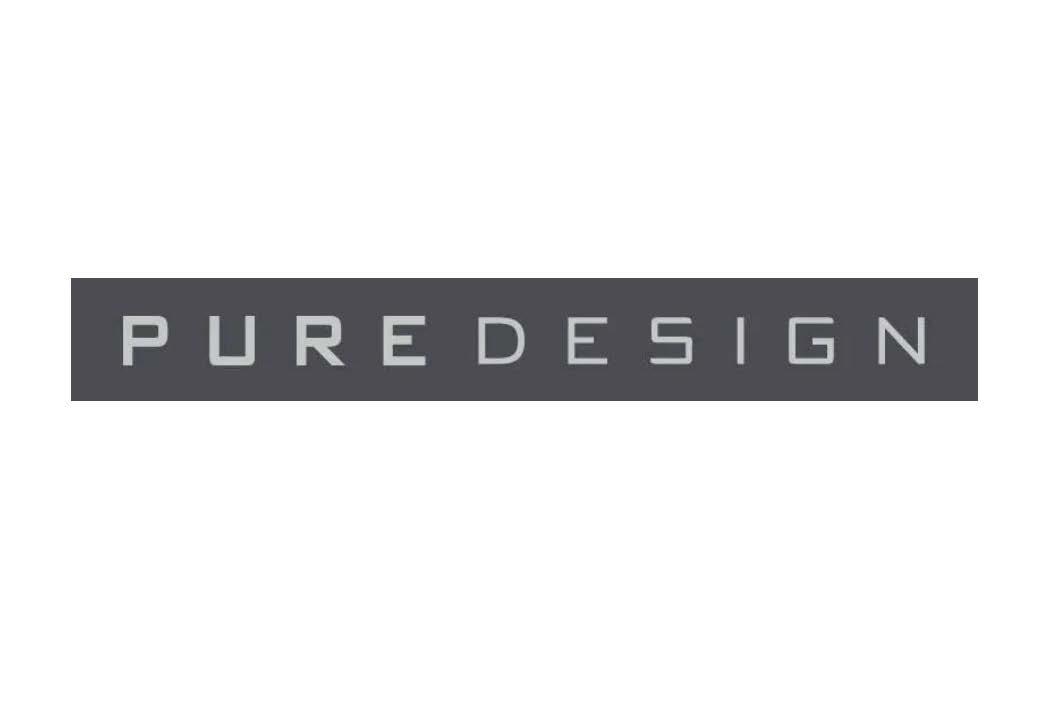
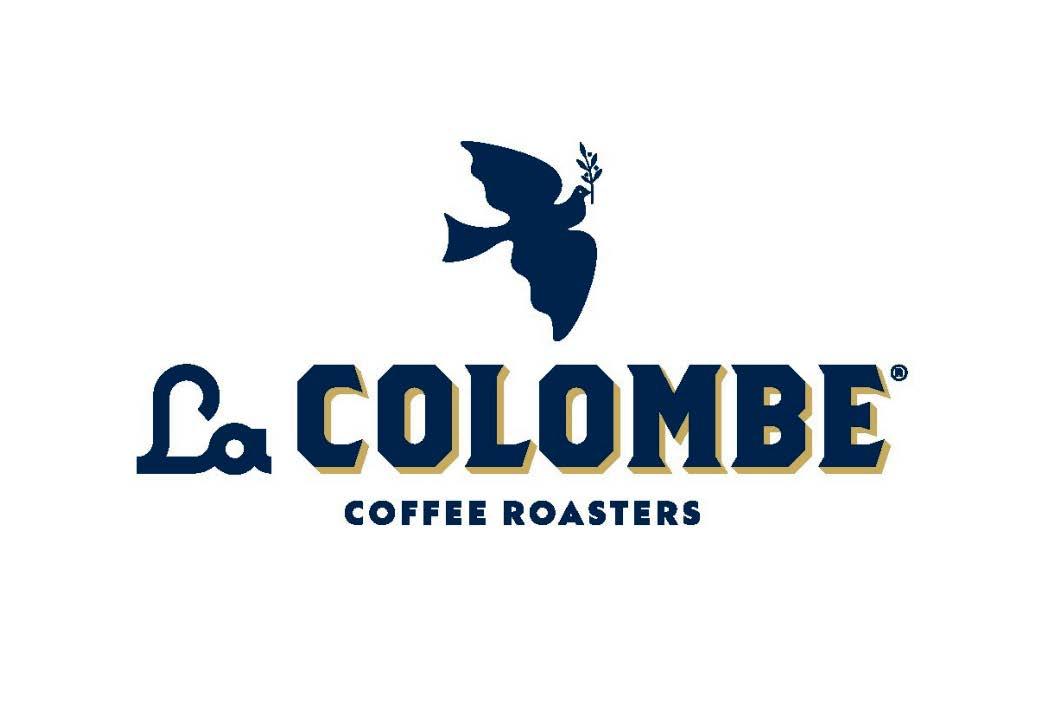
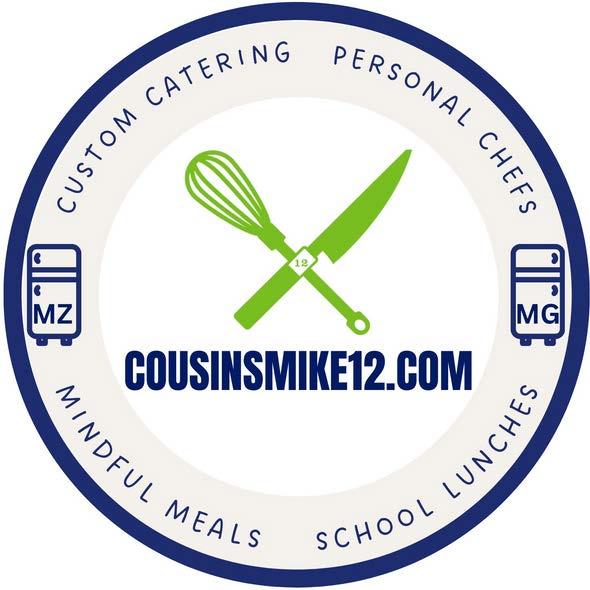
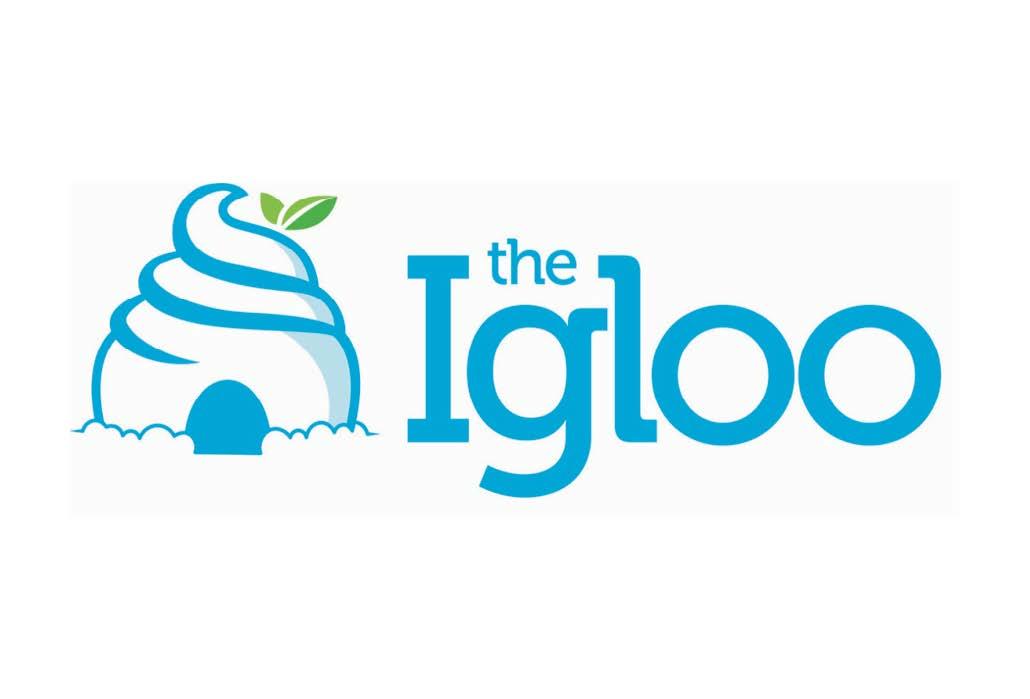
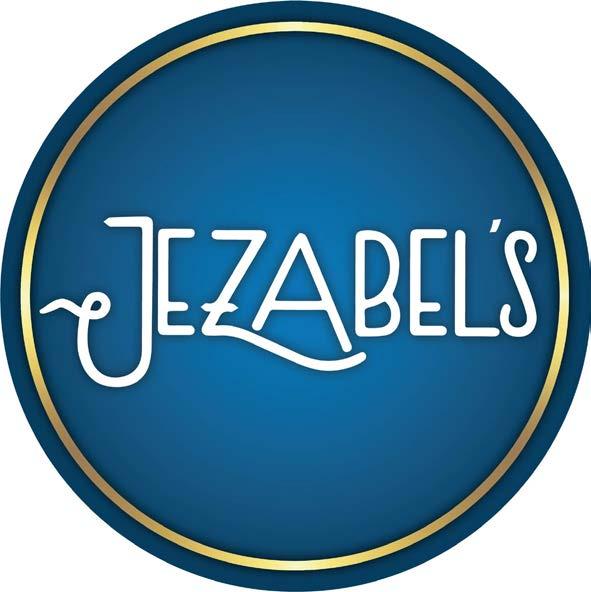
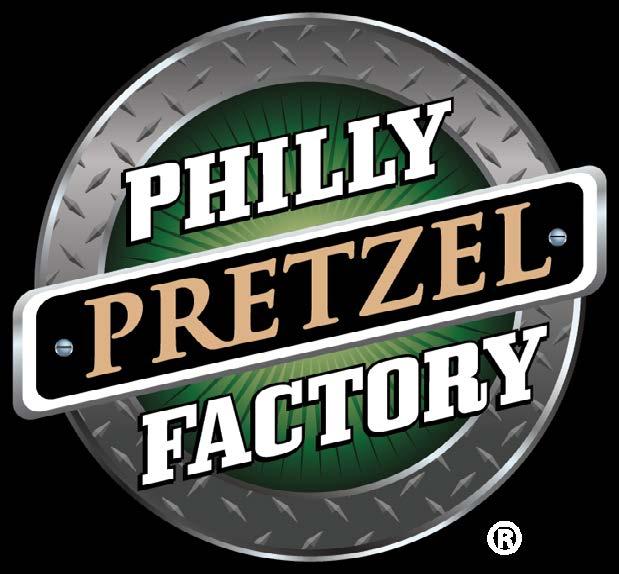
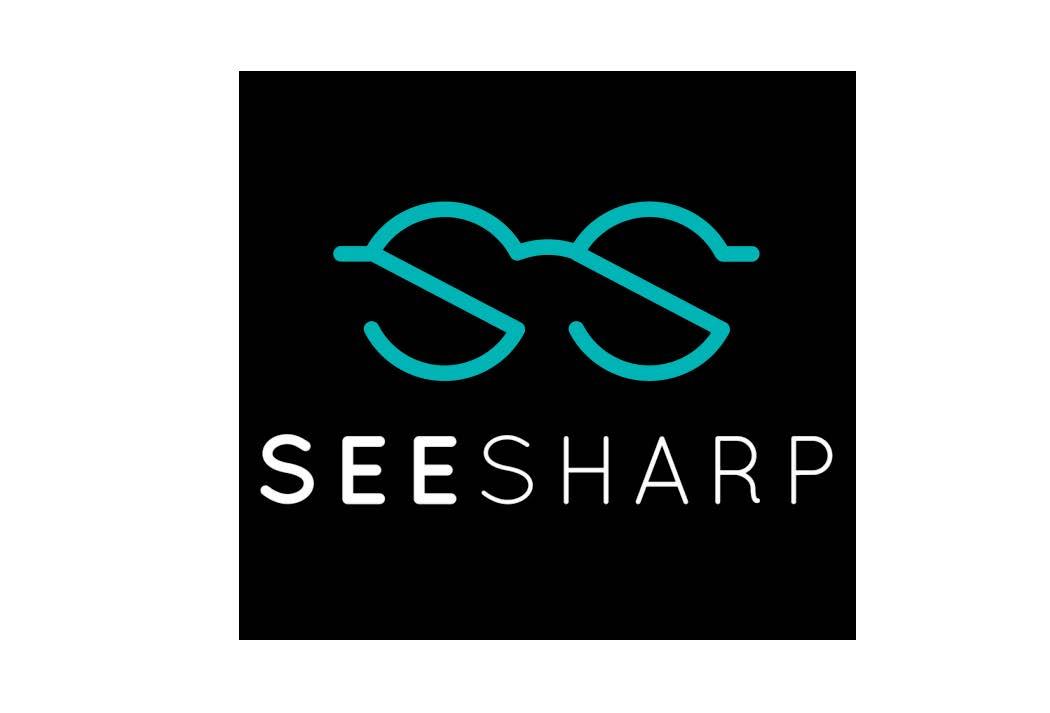
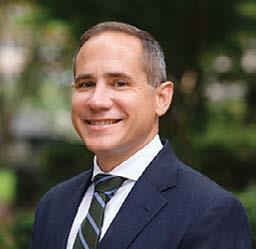
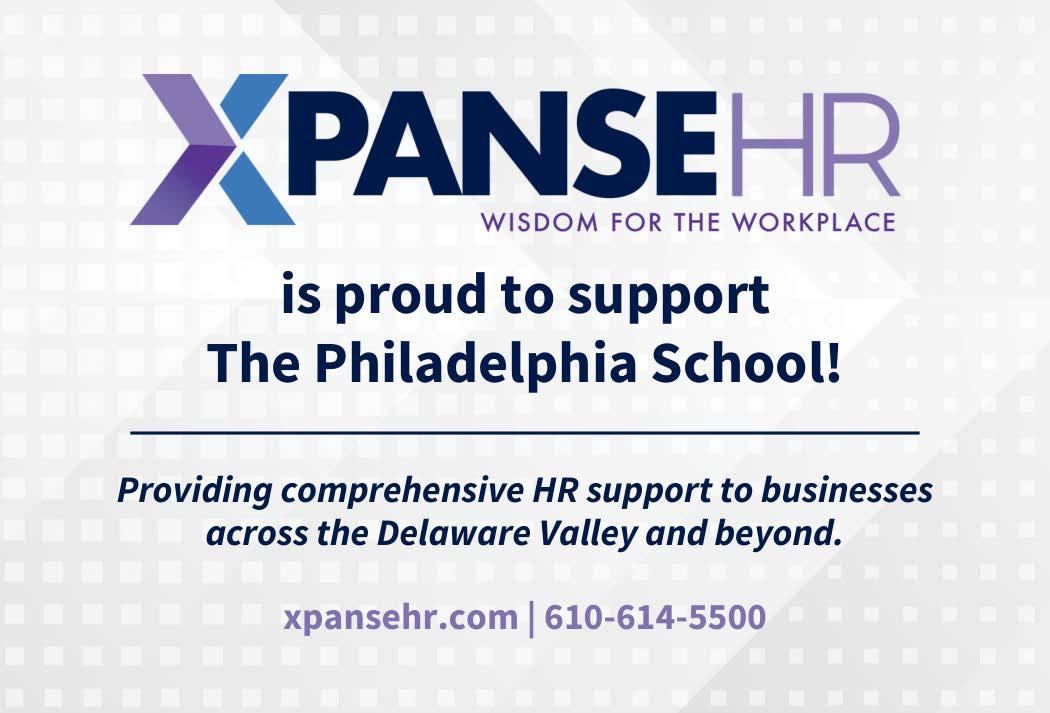

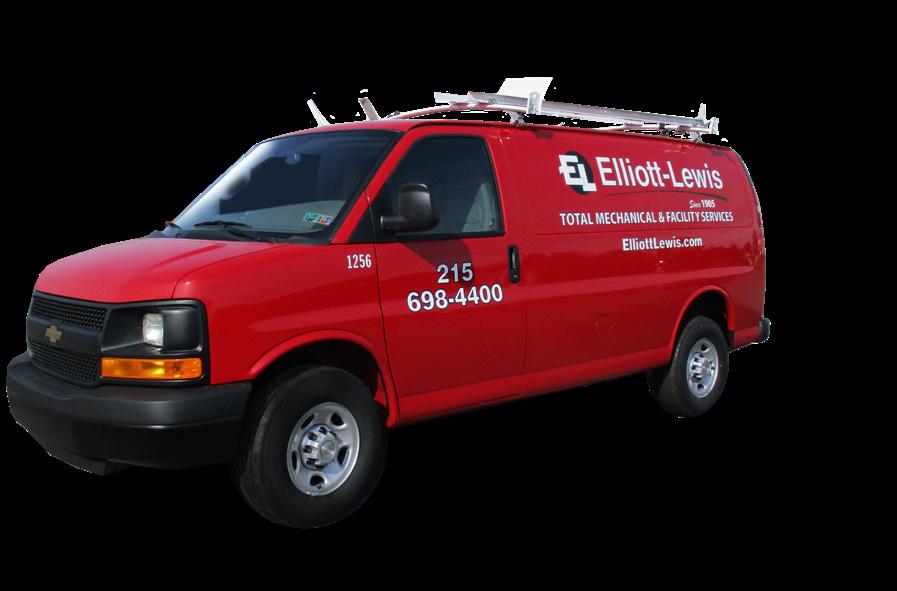
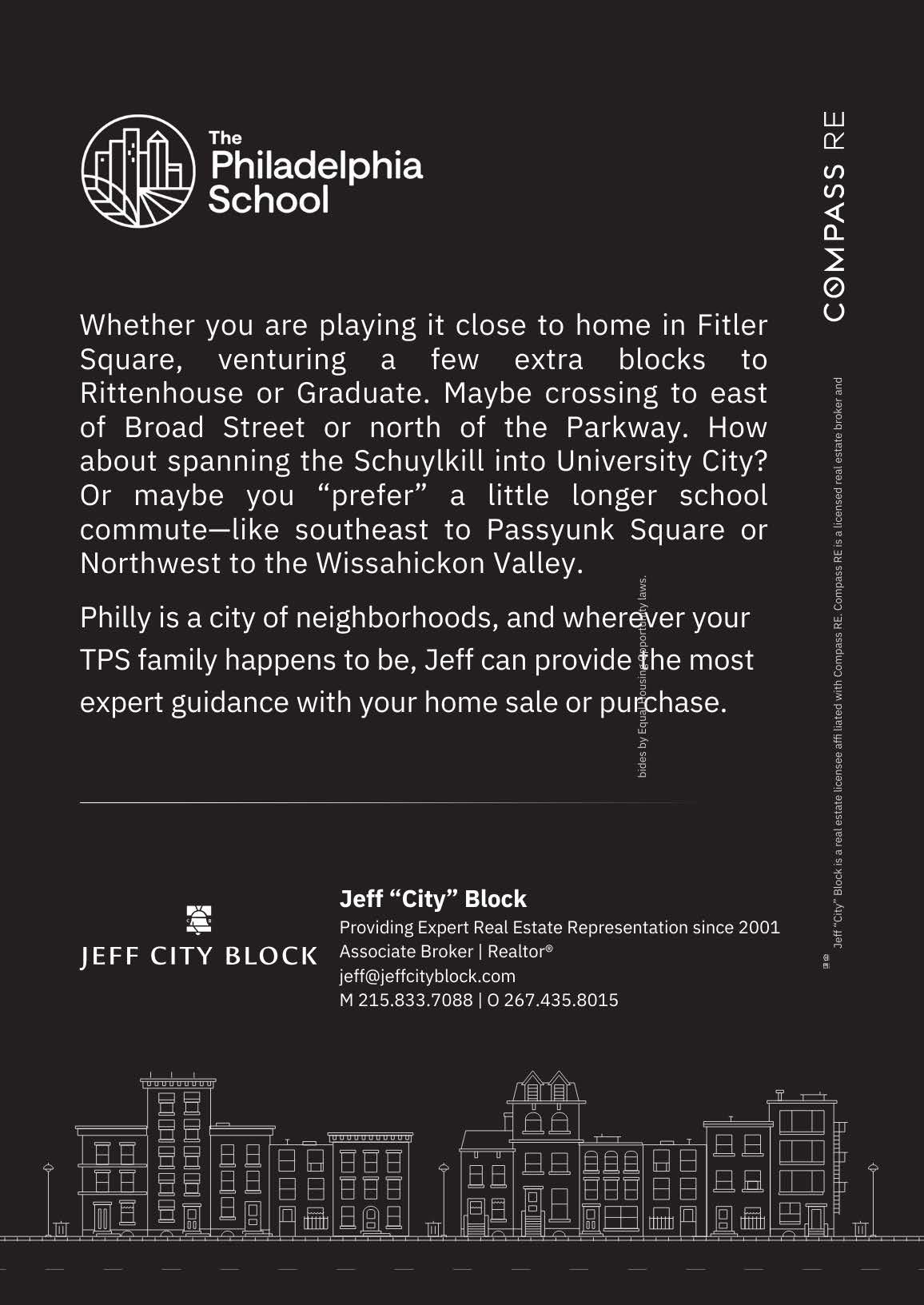
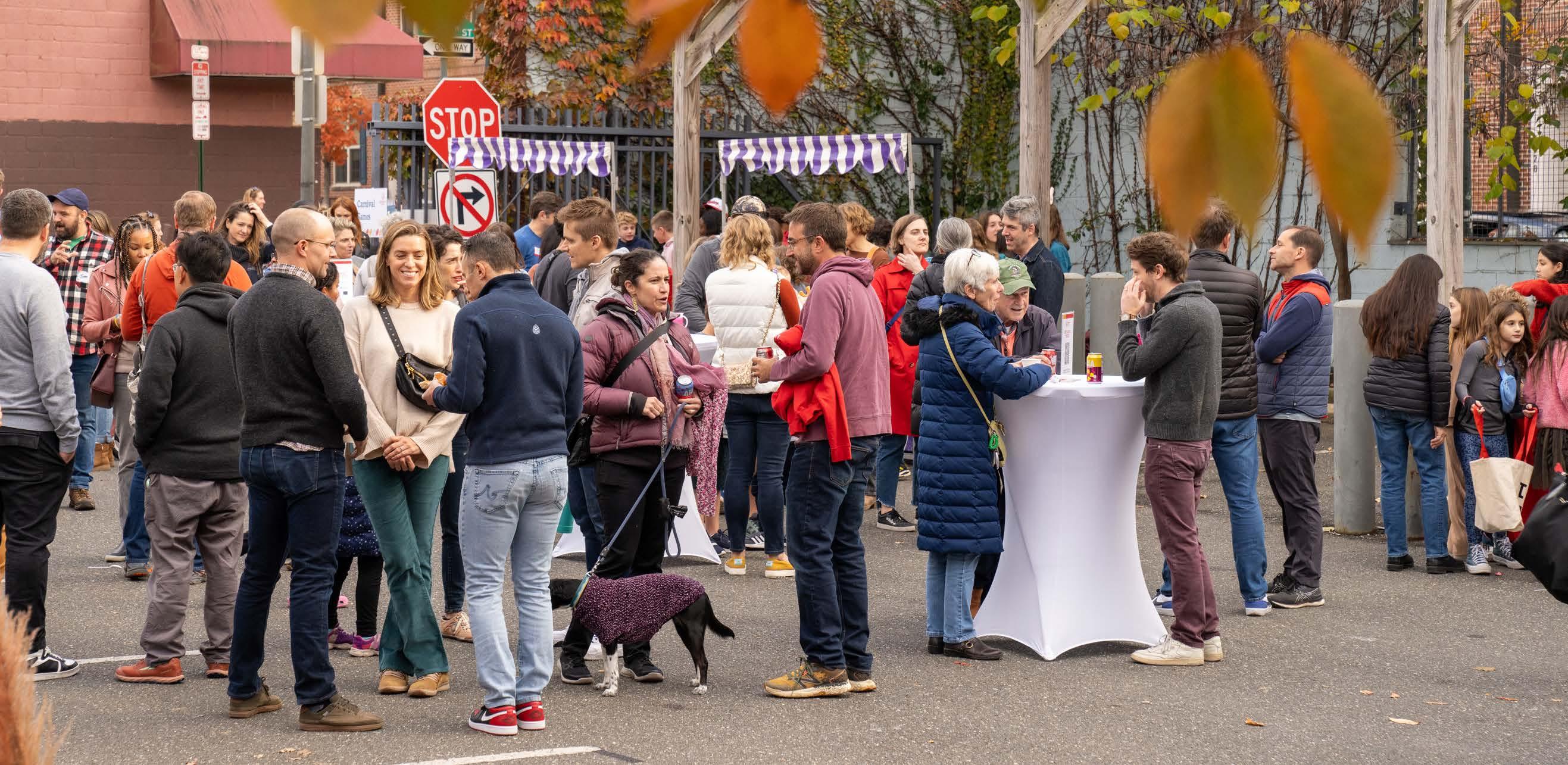
An annual tradition at TPS, the Fall Festival brings families together at the beginning of the school year to enjoy an afternoon of fun and community! This year, we enjoyed carnival games, face painting, moon bounces, and seasonal treats on a perfect fall day.
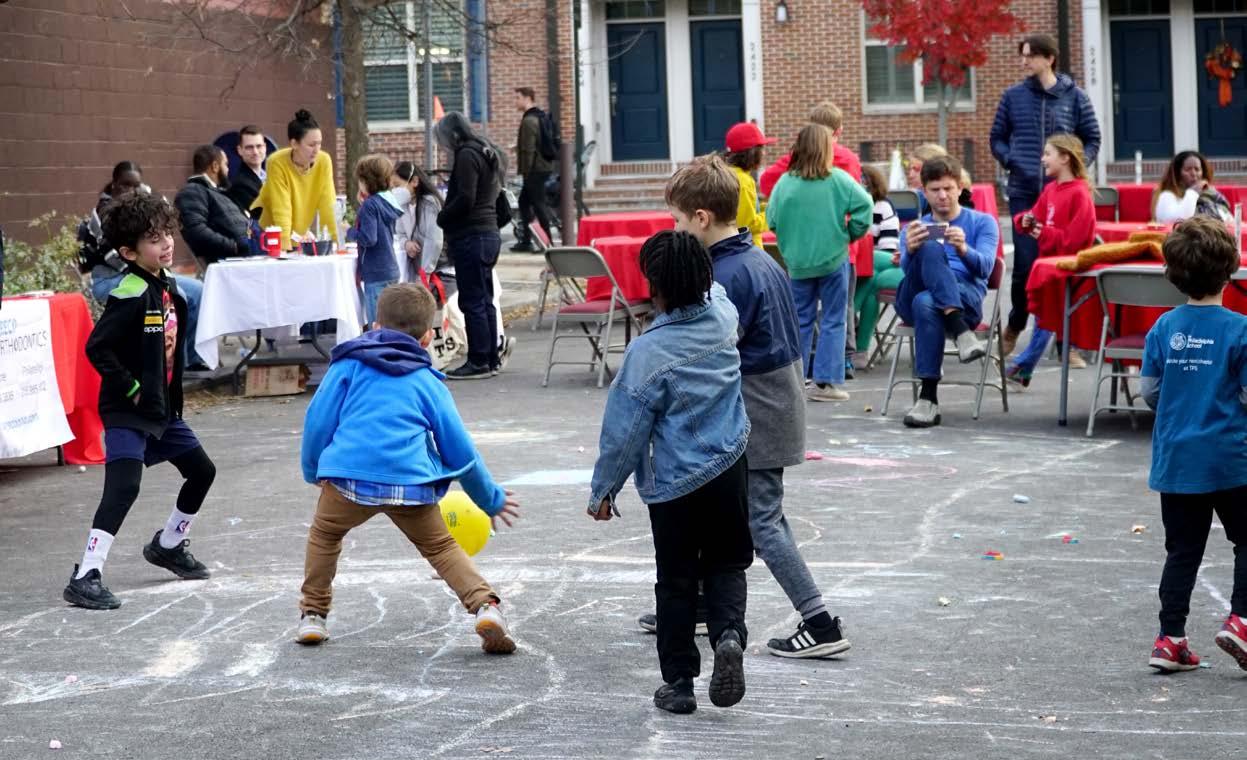

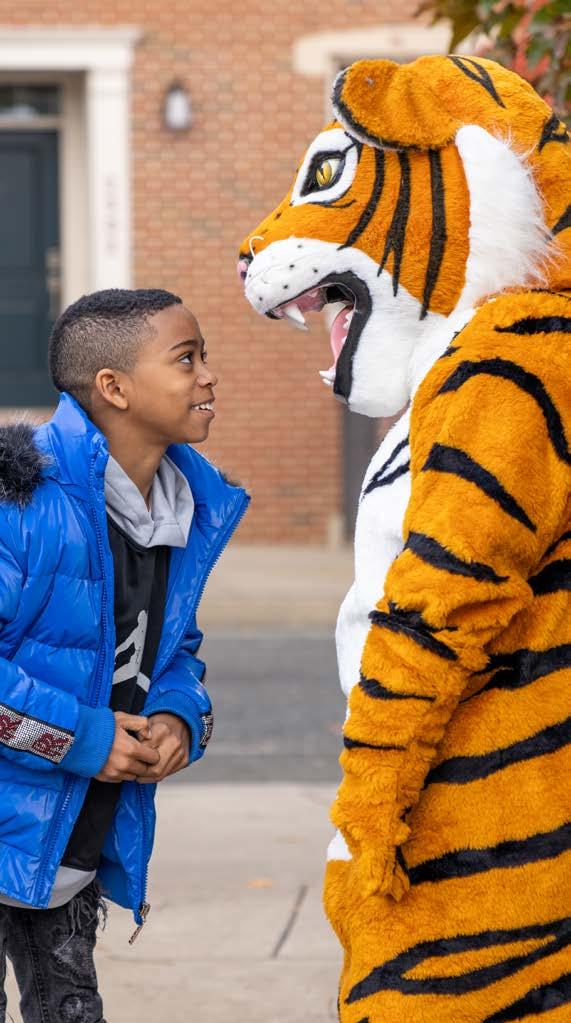
In the spring, we welcomed our extended TPS community of Grandparents and Great Friends to join kindergarten, third grade, and sixth grade students in the classroom. Visitors had the chance to meet TPS faculty and staff, see the school, and get an inside look at all the wonderful projects and studies students are working on in class.
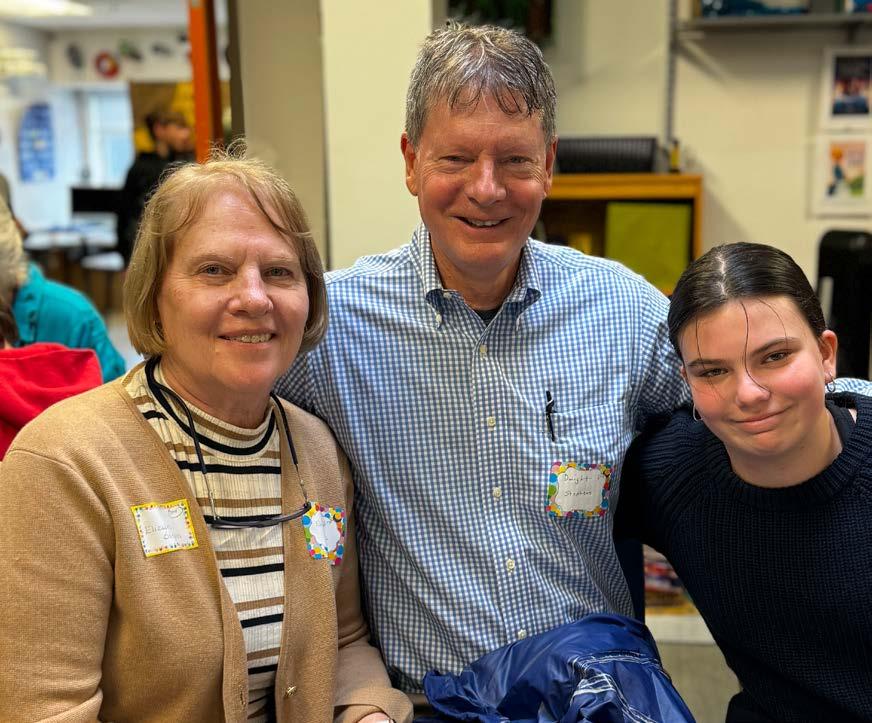
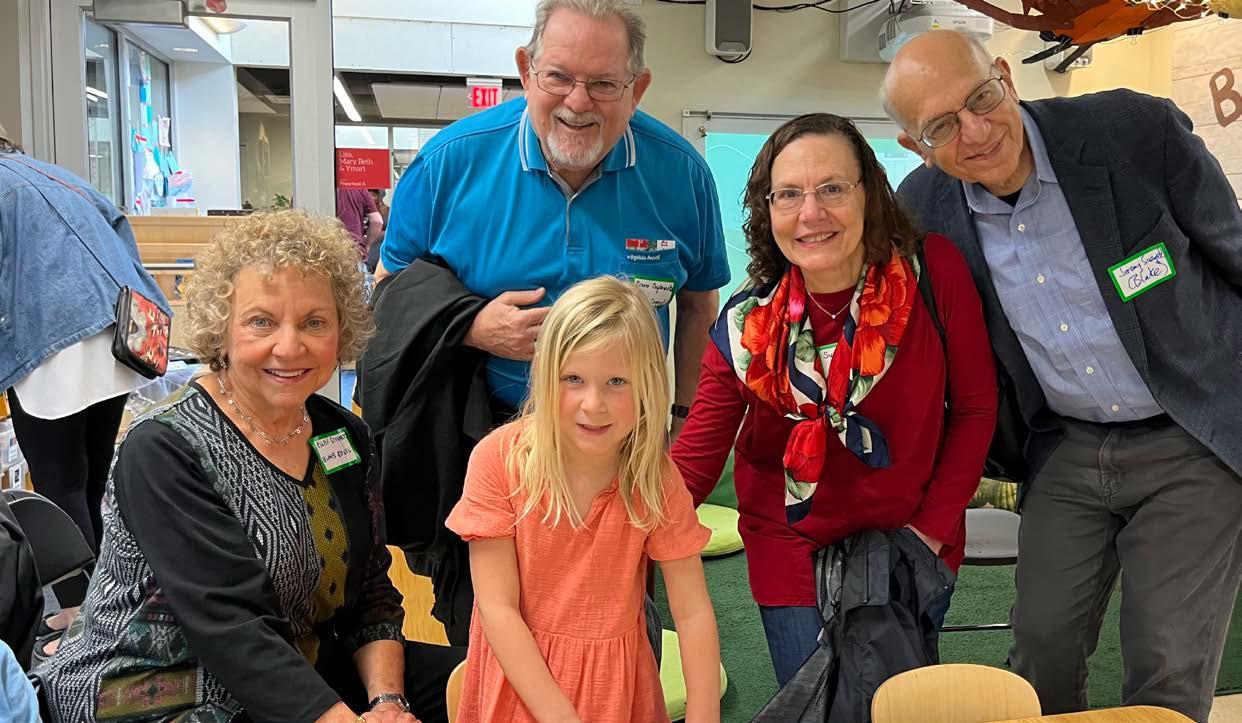
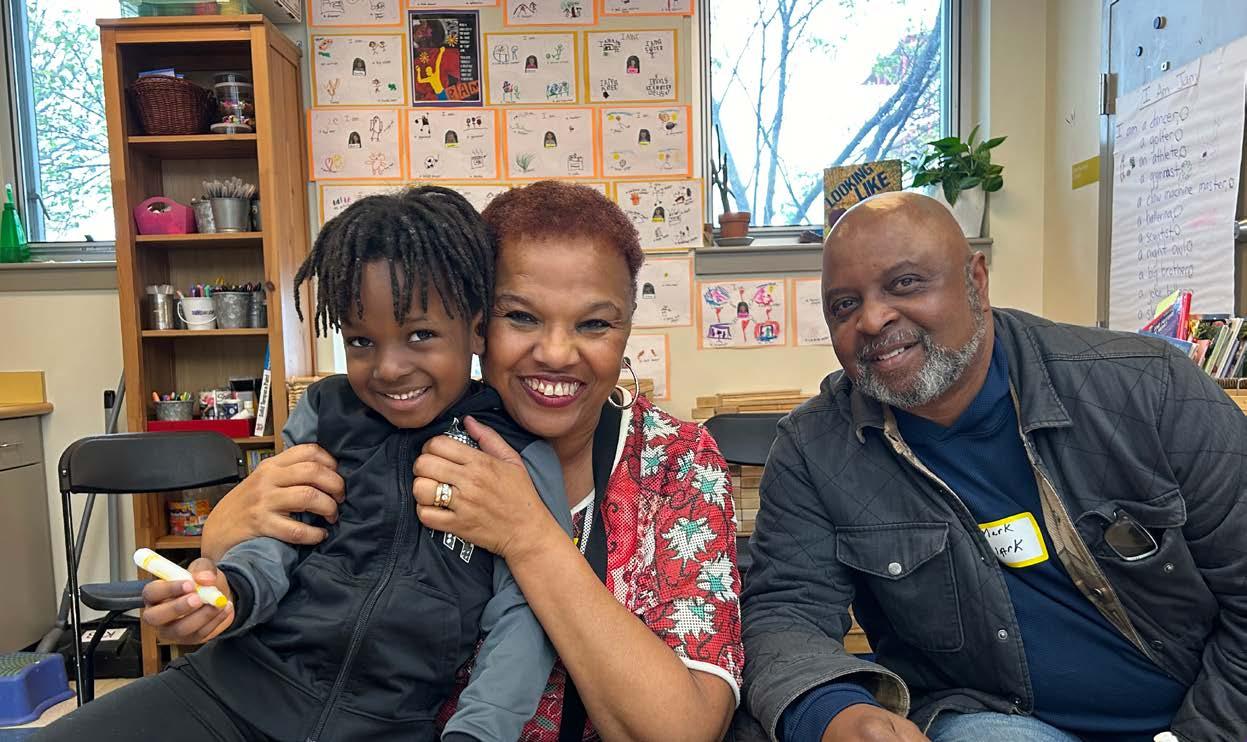
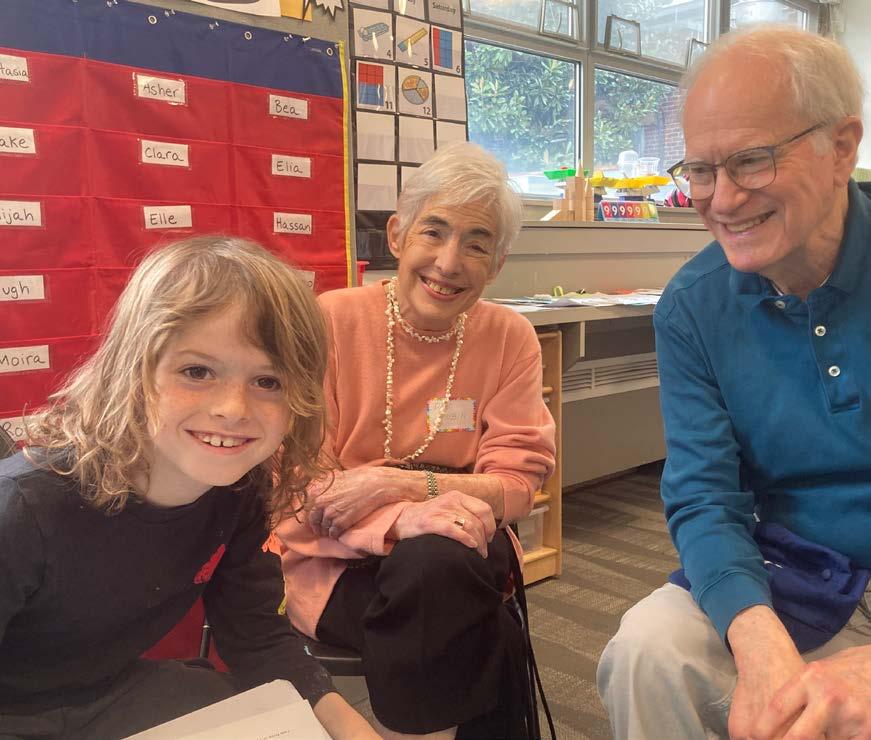
This year’s EATS fundraiser was a tremendous success raising close to $130,000 for the TPS Fund! The theme this year was Books and Bites, which aligned with our all-school theme of “What’s your Story”. We were back in the TPS Garden this year, with 485+ attendees including parents, teachers, alumni, supporters, and sponsors. Our community truly came out to support our school. We tasted so many wonderful local bites, enjoyed music from teachers, students and community members, and deepened relationships amongst our community. We look forward to being back at TPS next May for EATS 2025!
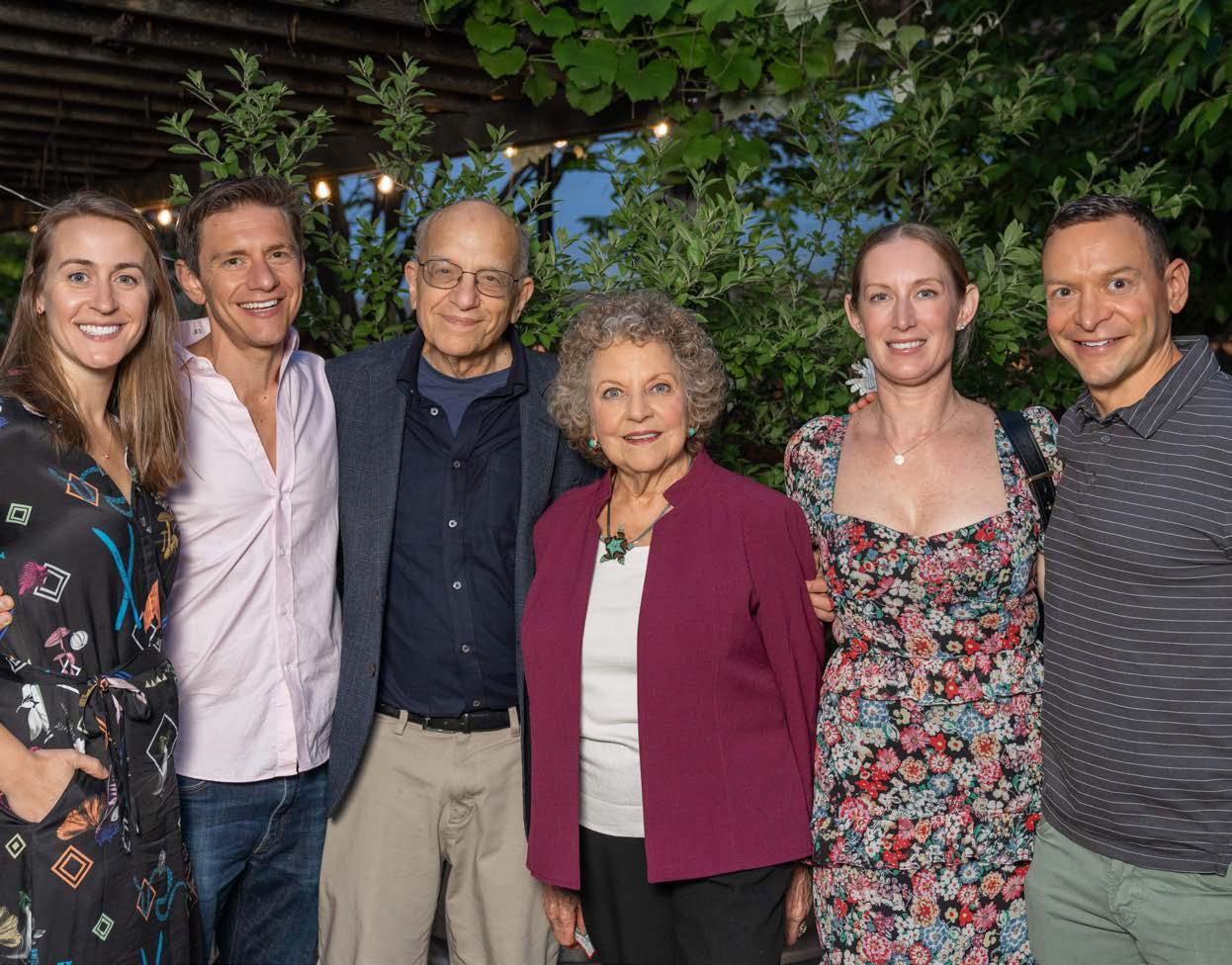
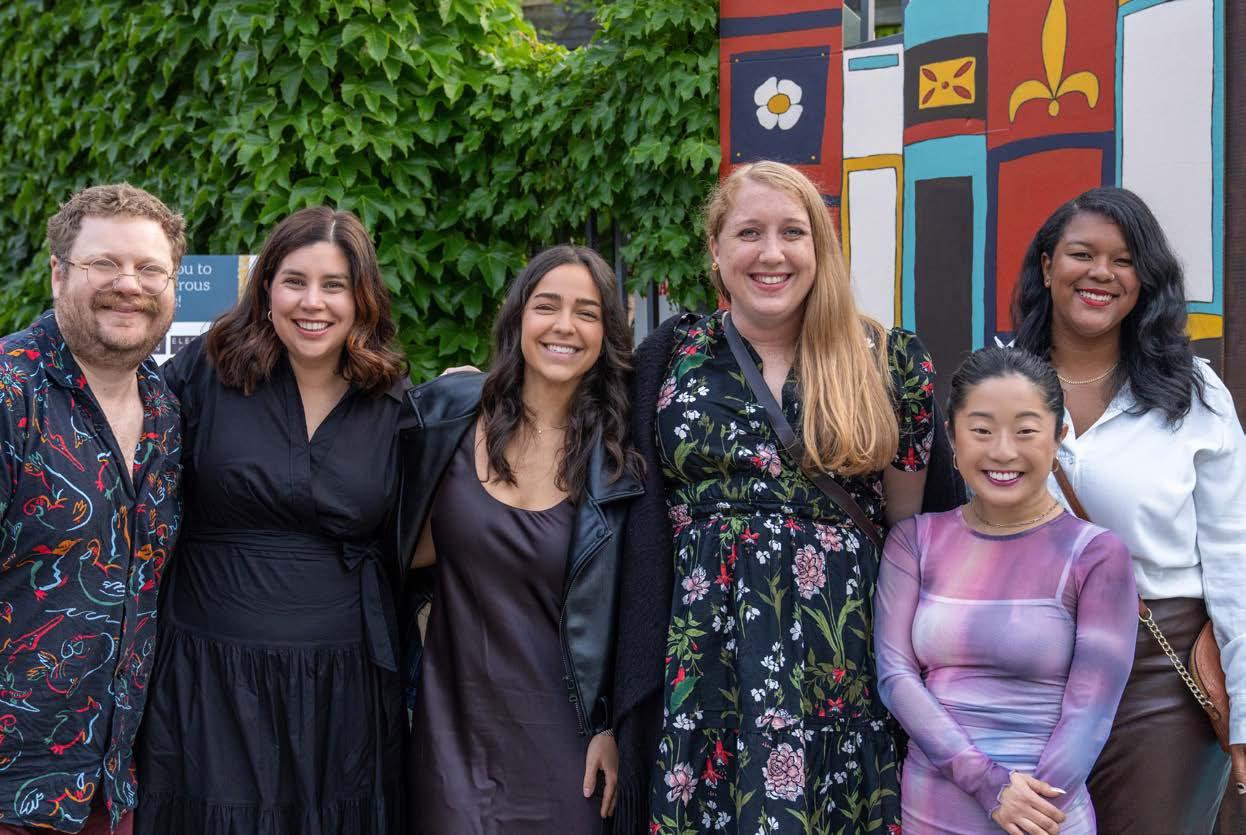
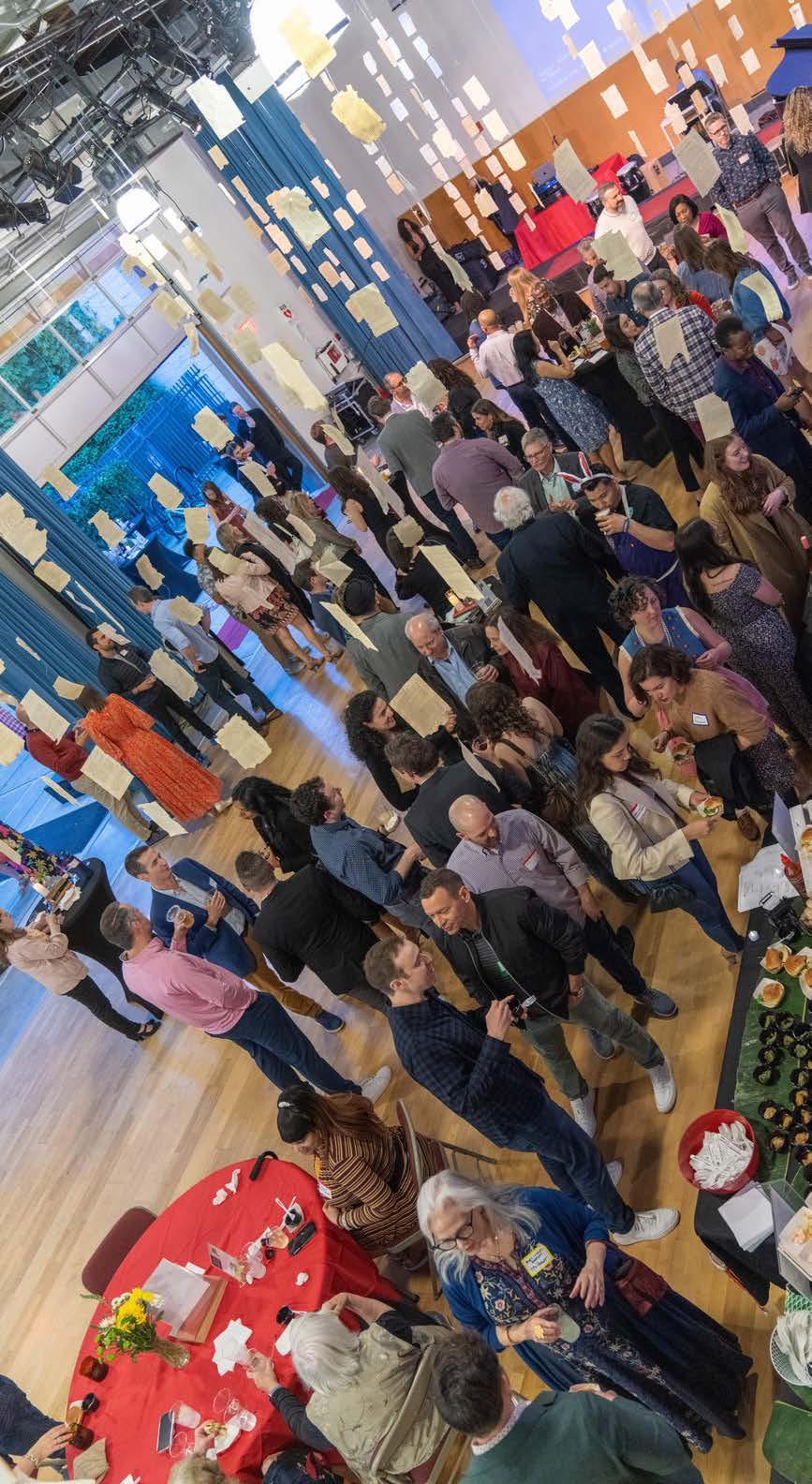

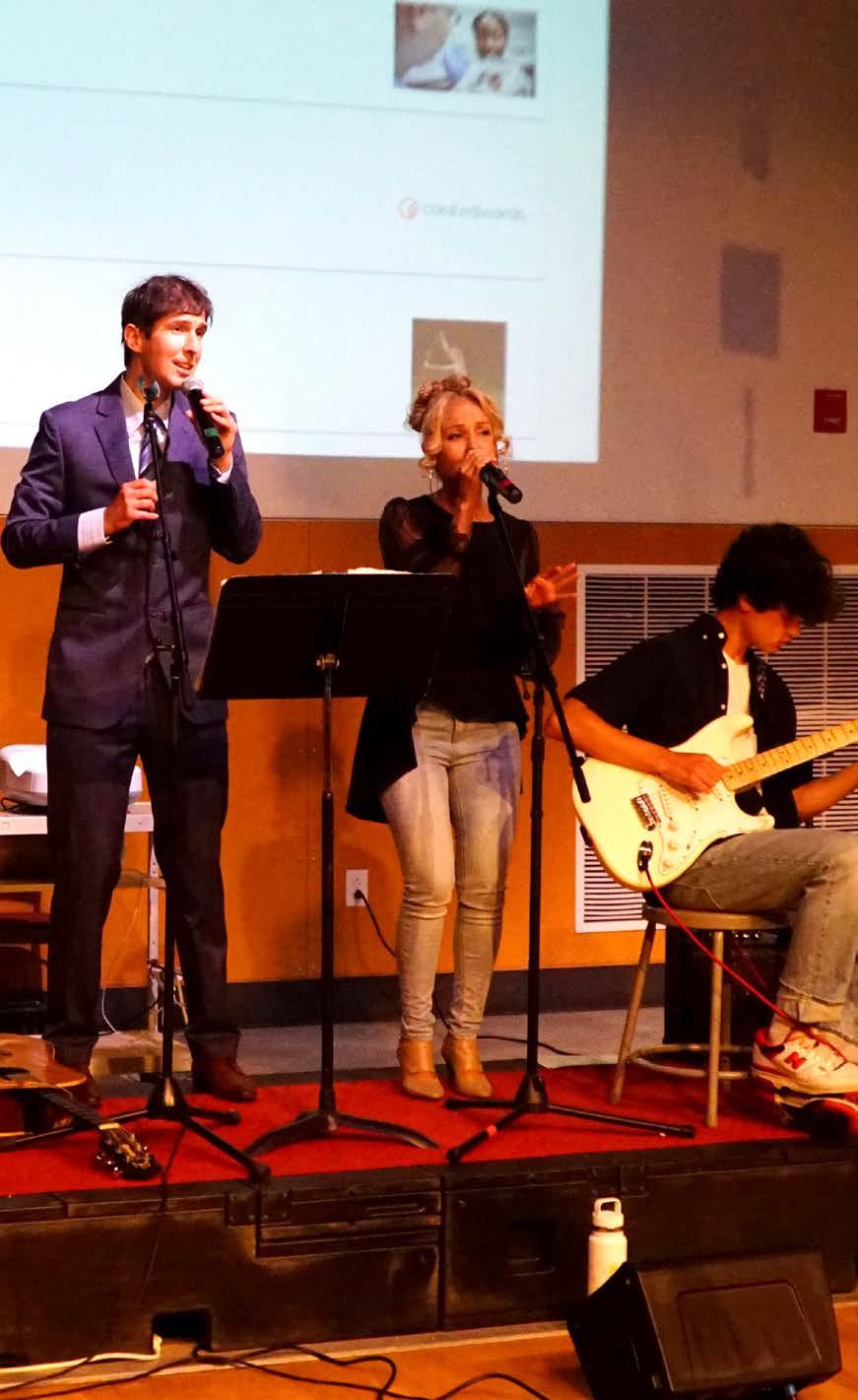
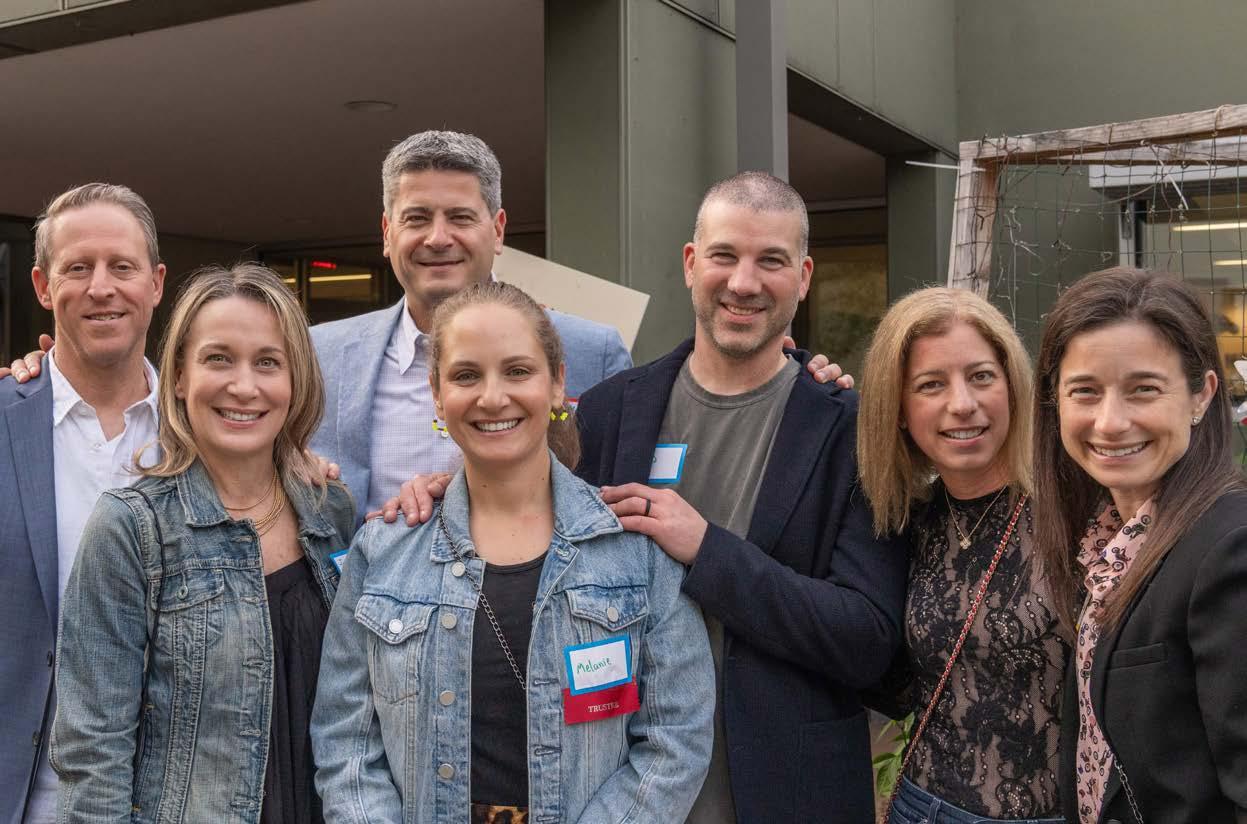
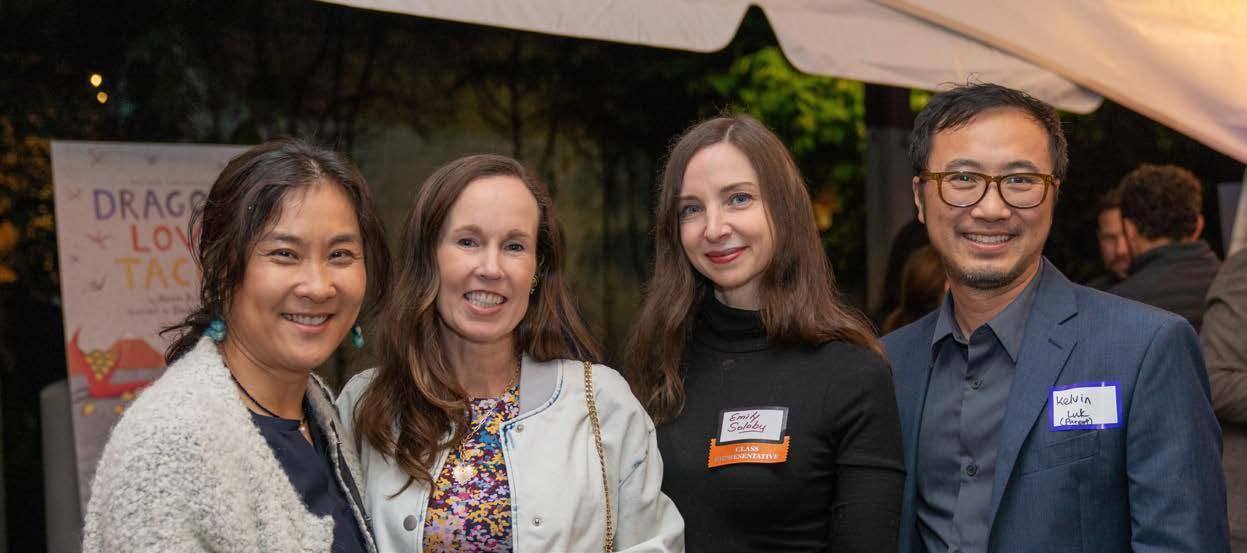
Robert and Marta Adelson
The Berman Family
The Casazza Family
The Chalal Family
The Delgado Family
The Edwards Family
The Fields Family
Farzana & Mo Hossain
The Klehr Family
Colleen Shanahan & Michael Fischer
Julie and Dan Mozes
Carrie & Andrew Siegel
Babette and Harvey Snyder
Delia Solomons
Barbara Stanley
Lisa & Peter Sun
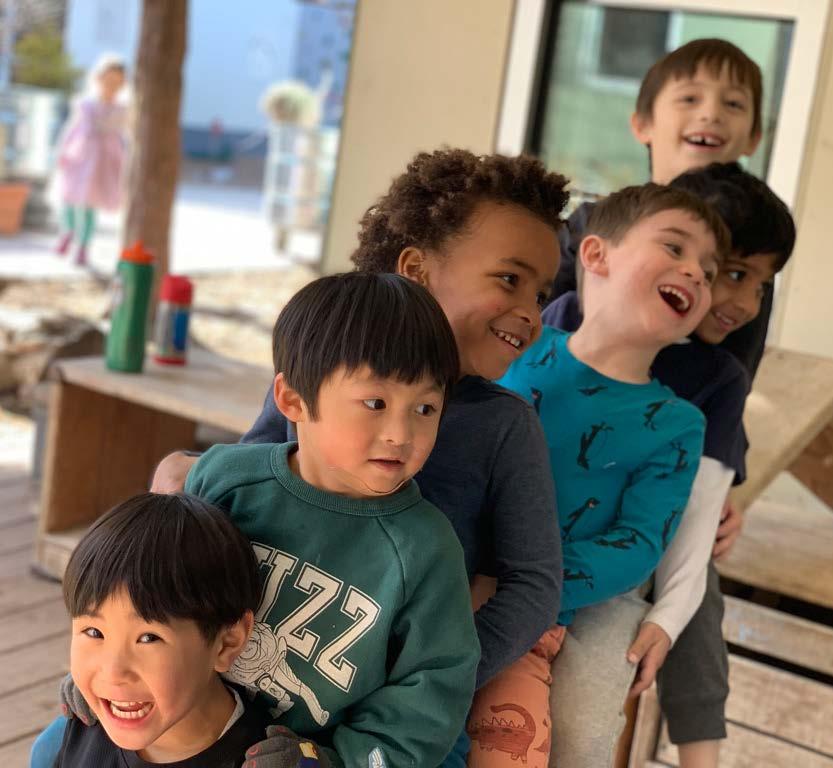
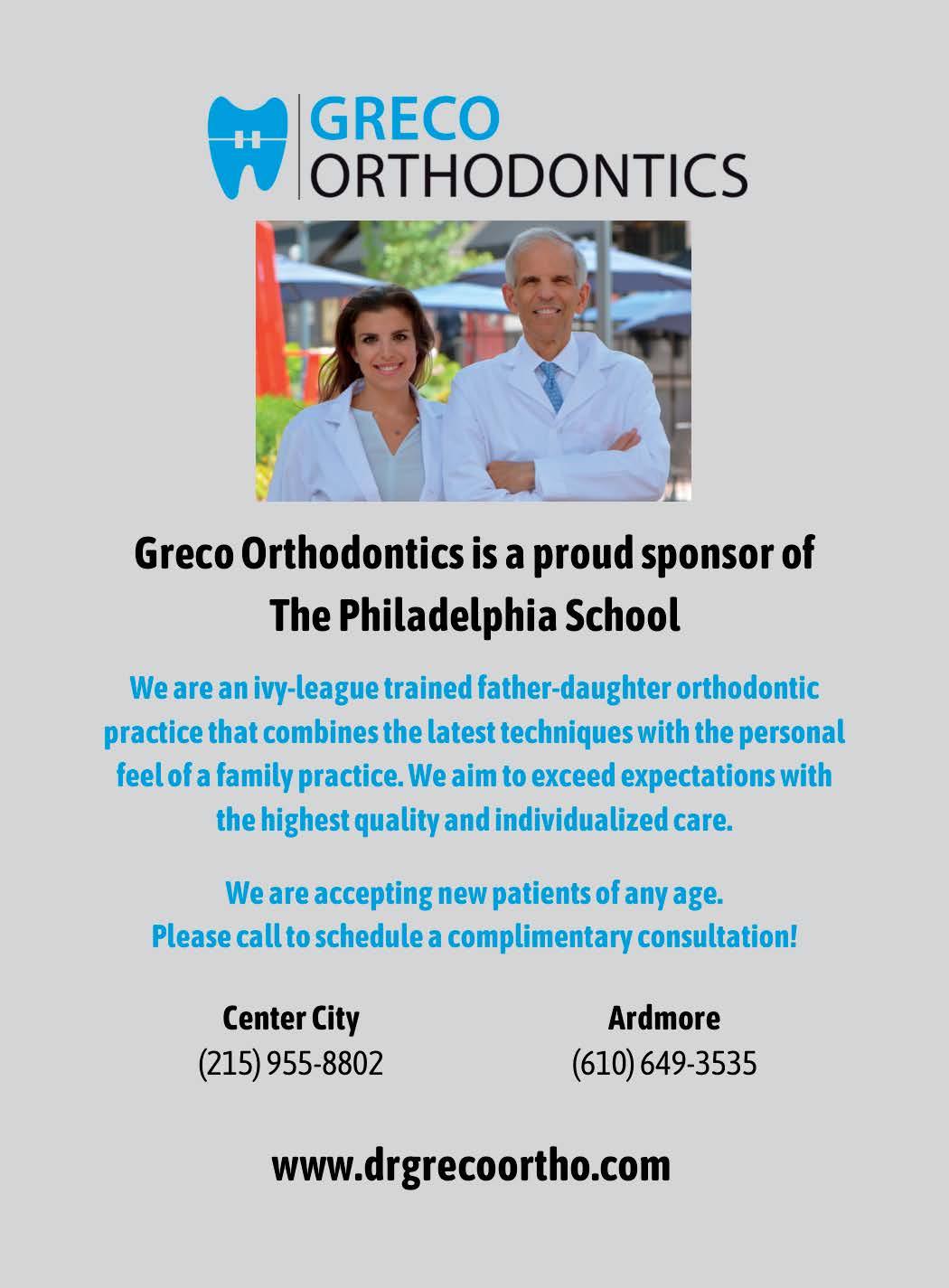
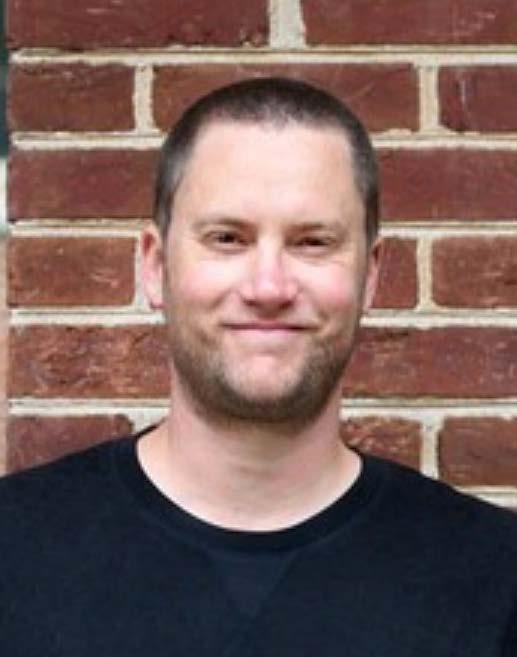
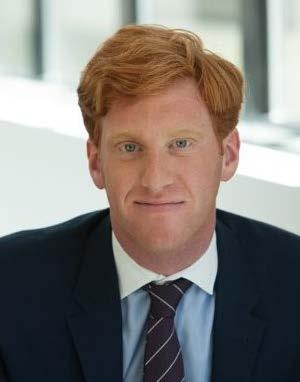
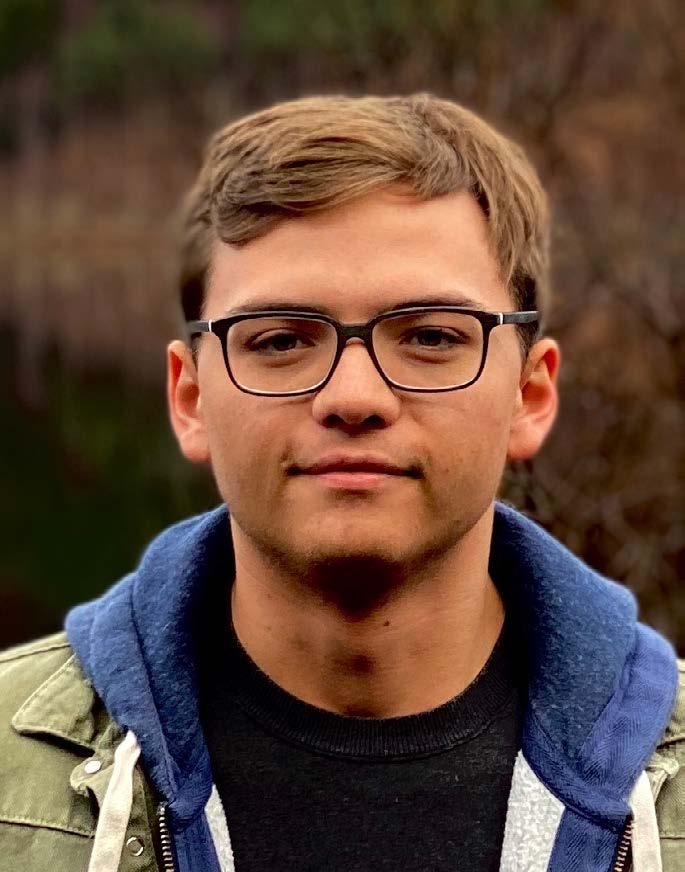
TPS has always had an entrepreneurial educational philosophy and has encouraged our students to be leaders, self-advocates and to innovate. We wanted to explore stories of our alumni who may have been inspired early on as a result of this approach to start their own business.
In the spirit of our all-school theme this year, What’s Your Story?, several alumni shared their journey to entrepreneurship: Mike Fiebach ‘99, Zach Frankel ‘02, and Ben Klenk ‘12, Scott Ravitz ‘93, Abe Silber ‘00, Caitlin Speers ‘00 shared their story with us.
In the ever-evolving landscape of entrepreneurship, the journey from student to startup founder is often laden with triumphs, setbacks, and a relentless pursuit of innovation. Through their stories, we gain insights into the mind of our alumni entrepreneurs, including how TPS and their early education shaped their path to entrepreneurship.
From technological innovations to taking a chance to go “out on their own”, these individuals have embraced uncertainty, overcome challenges and transformed their dreams into reality. As we unveil the journeys of these individuals, we hope their stories ignite the spark of inspiration for future TPS students and alumni to have the courage to take a leap of faith into starting their own businesses.
MIKE FIEBACH
CEO and Founder of Mainfactor, a E-Commerce-as-a-service company based in Philadelphia. Mike previously founded, built and sold Fame House, a tech-enabled direct to consumer company focused on the music industry.
ZACHARY FRANKEL
Principal at Frankel Enterprises Inc., a full service Real Estate Development Company based in Philadelphia, Pennsylvania and Jupiter, Florida. He and his brother Max ‘99 lead the fourth generation family company that was started in 1936.
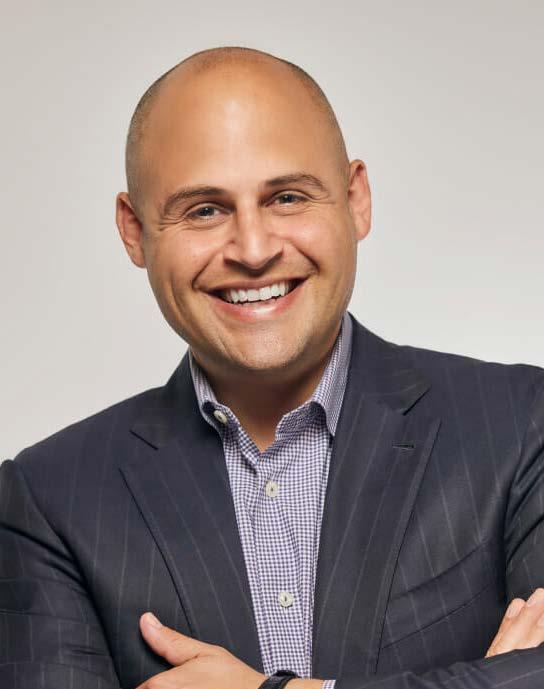
SCOTT RAVITZ
President and Insurance Advisor at Pearson Ravitz, a personal insurance brokerage for healthcare professionals, a company he co-founded in 2017.
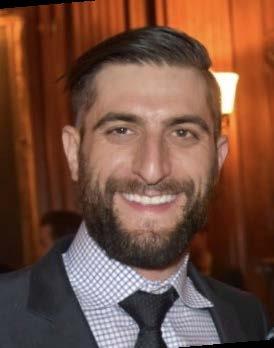
ABE SILBER
Founder and managing member of Two River Development, LLC, a Philadelphia based real estate development firm focused on residential and mixed-use development. He works with his brother Sol, a 1996 TPS graduate.
BEN KLENK
Co-founder and CEO of Hotplate.com, an online food ordering platform for independent chefs and bakers.
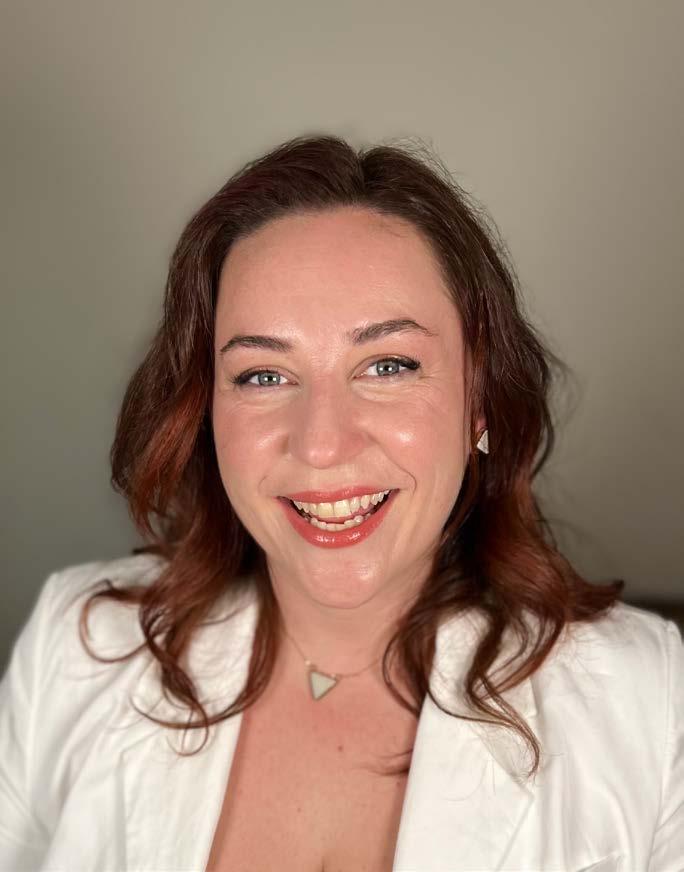
CAITLIN SPEERS
Founder of En Place Organizing Services where she works to optimize, organize, and streamline functionality for every kind of space from homes to businesses to storage units.
“I loved my time at TPS, and I credit the school for helping me develop my abilities as a creative entrepreneur. So much of being an entrepreneur is having a vision and putting the pieces together to make that vision a reality, and I truly believe TPS taught me many of those skills. After TPS, I attended Chestnut Hill Academy, which was a more rigid learning experience, but prepared me well for college, law school, and my later business experiences. I started my career while in college at San Francisco State, working for DJ Shadow (after some very fledgling attempts at my own record label and music industry endeavors). DJ Shadow is a legendary artist in the electronic and instrumental hip-hop genres. I was lucky enough to have him as my mentor which launched my career in the music industry.”
“TPS was the place I spent the longest in my educational journey, and a place I always have felt was home. I had to make adjustments to being a small fish in a big pond in high school and college, but TPS prepared me for those next steps. I always enjoyed the sense of community that TPS taught me. My class was small, so we got to know everyone really well. Some of these same friends are ones that I have today, thirty plus years later. This shaped my career path today as I flourish in family environments and smaller sized businesses. also believe in keeping things small as bigger isn’t always better. My belief is also to shape and develop my team and promote from within. We treat employees like family. I give credit to TPS for showing me the value of community.”
SCOTT“Living in Philadelphia and going to school at TPS in the 1990’s helped to shape my passion for urban development, economic growth and affordable housing. I felt very integrated in the city environment and the institutions around me and felt lucky to be able to learn in and from the city. When I was going to college I wanted to study economics and then real estate development and that drive started with my formative years at TPS. I was lucky enough to have formed many strong relationships at TPS, many that I still have today.”
ZACH
“ TPS taught me how to think and learn. After TPS I went to Germantown Friends School for high school and immediately was interested in entrepreneurship. I started small businesses and did projects where I could make money while going to school. At University of Texas, I met a friend Rishi Talati in one of the clubs I was involved with. Rishi had an idea for a company that helped to address some of the challenges that restaurants had and I was intrigued. We were inspired during the COVID-19 pandemic by all the home chefs who were cooking out of their home and selling their food through social media. We started developing a solution to solve this problem and were lucky to get funded. through Y-combinator, a technology startup accelerator. The platform we developed and idea for the business evolved over time and is now called Hotplate. I credit TPS for inspiring me to do something that helps others, for being curious, and for helping me develop a design-thinking mentality from a young age.”
“After TPS I went to Chestnut Hill Academy and appreciated the focus on math and science. I always had a vision of going to work on Wall Street after college, so I went to New York University so I could study finance. I started interning at a hedge fund freshman year and then held various positions on Wall Street. Since I was a kid, I was always interested in construction and when I moved back to Philadelphia, it was well timed with a booming real estate market. I bought my first home in the Grays Ferry neighborhood and started to renovate it and then just kept going and started his business. I decided to take on contracting, but discovered that renovating was more complicated than new construction. New construction felt more like a TPS project as it has a specified plan and steps to the process. My brother Sol joined me later on, and we started an affordable housing business where we began renovating apartment buildings and then renting them out to Philly’s most vulnerable populations. Two River LLC began in 2014 and now his business encompasses about 25 different LLC’s and companies including management, construction, property management, and development.”
ABE
“After TPS I went to Friends Central for high school, and was involved in the arts including musicals, singing. had a love of music so decided to go to NYU where got my BA in music. I also got a minor in Italian while studying in Italy and discovered my love of travel, food and wine. I started working in restaurants and was steered into hospitality and worked for 15 years in the restaurant industry. During the pandemic, I began some soul searching, and thought about what I had enjoyed doing every day. Because I had opened many restaurants, I realized I could use that structure for my career and decided to start doing home organizing and took an interior design class. I knew that I could help restaurants also think about how to best build an effective front of the house experience. Almost all of my first clients were friends from TPS, or their parents, and this network. They have been so supportive of me. I’m lucky to have my TPS family.”
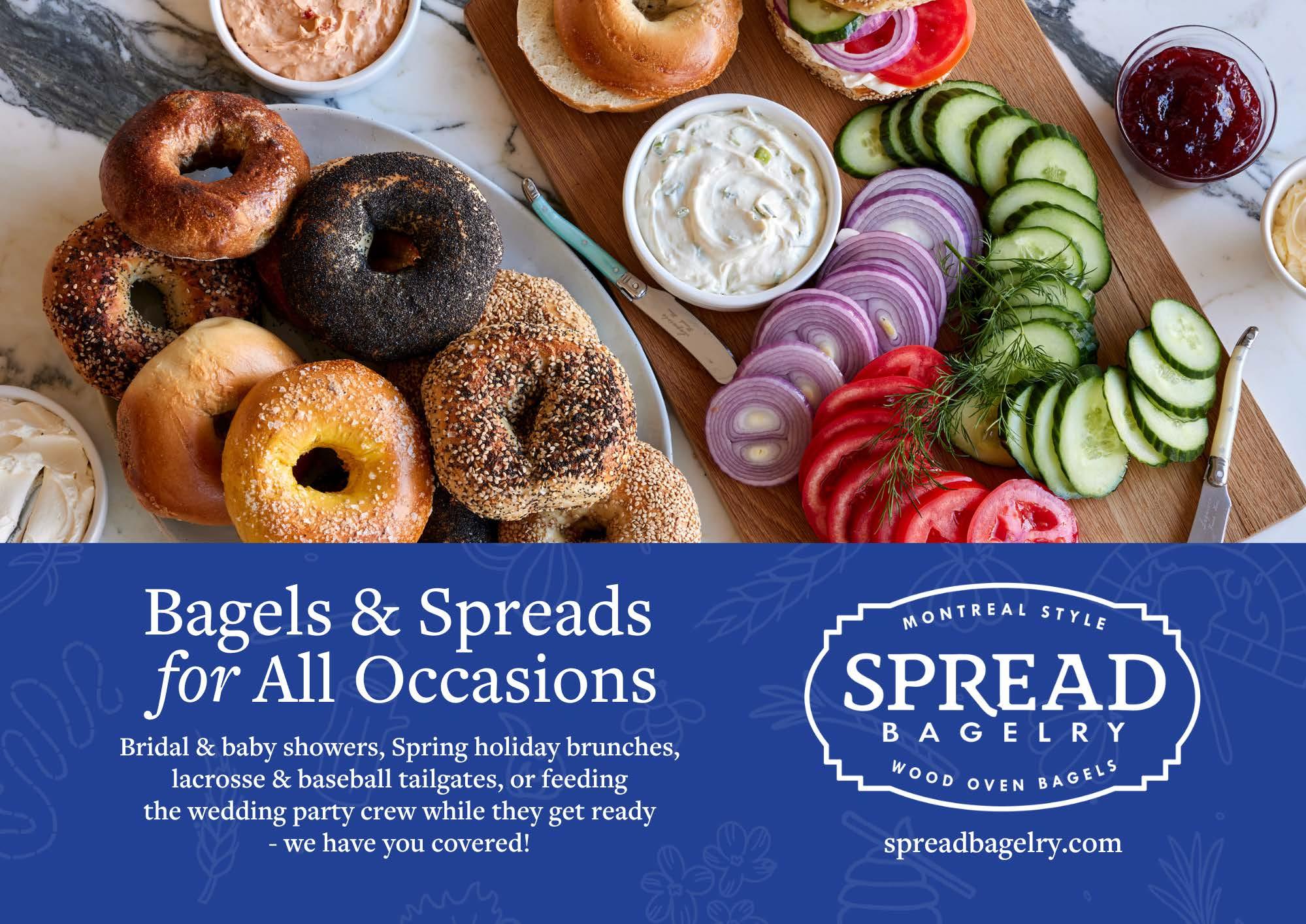
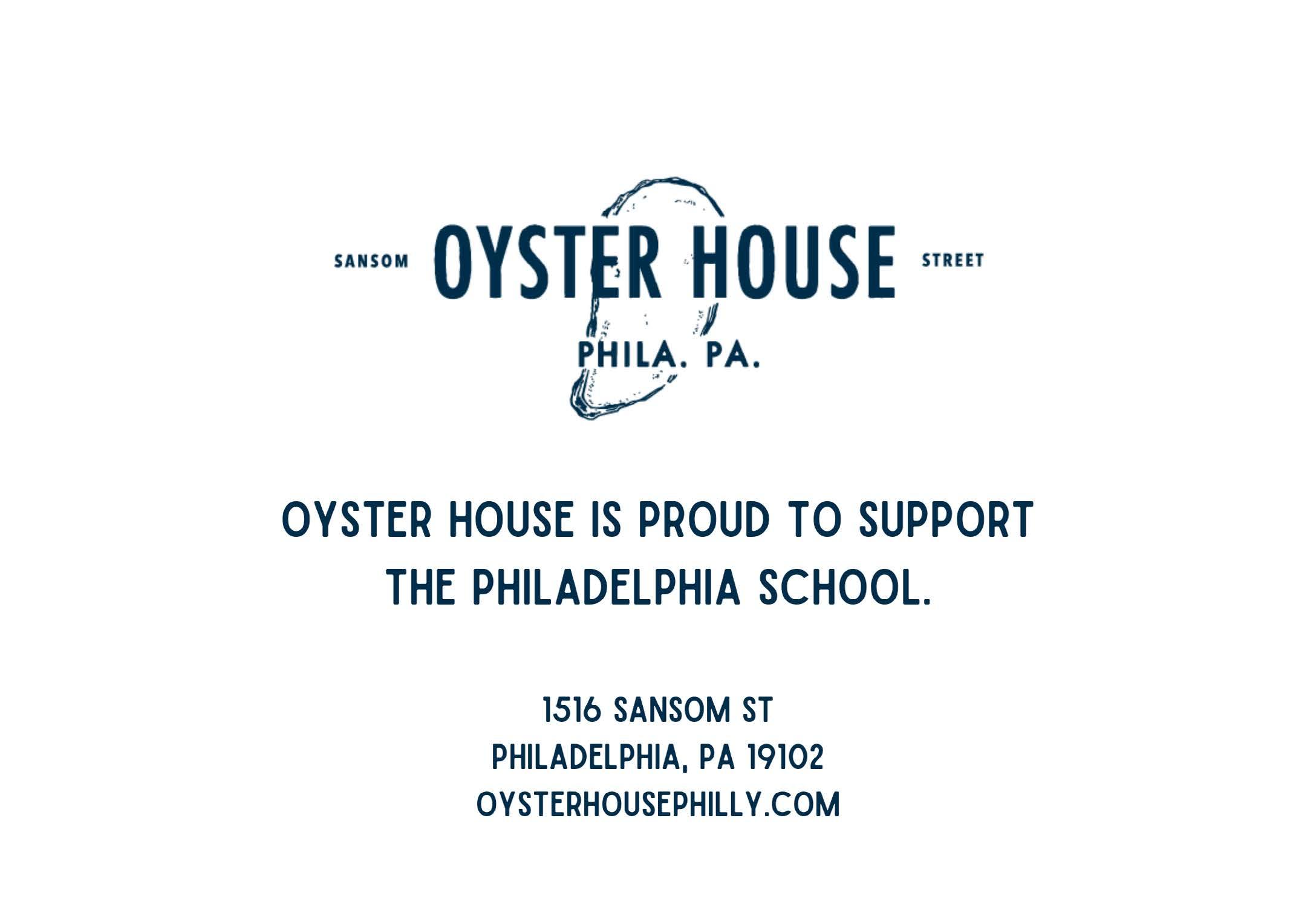

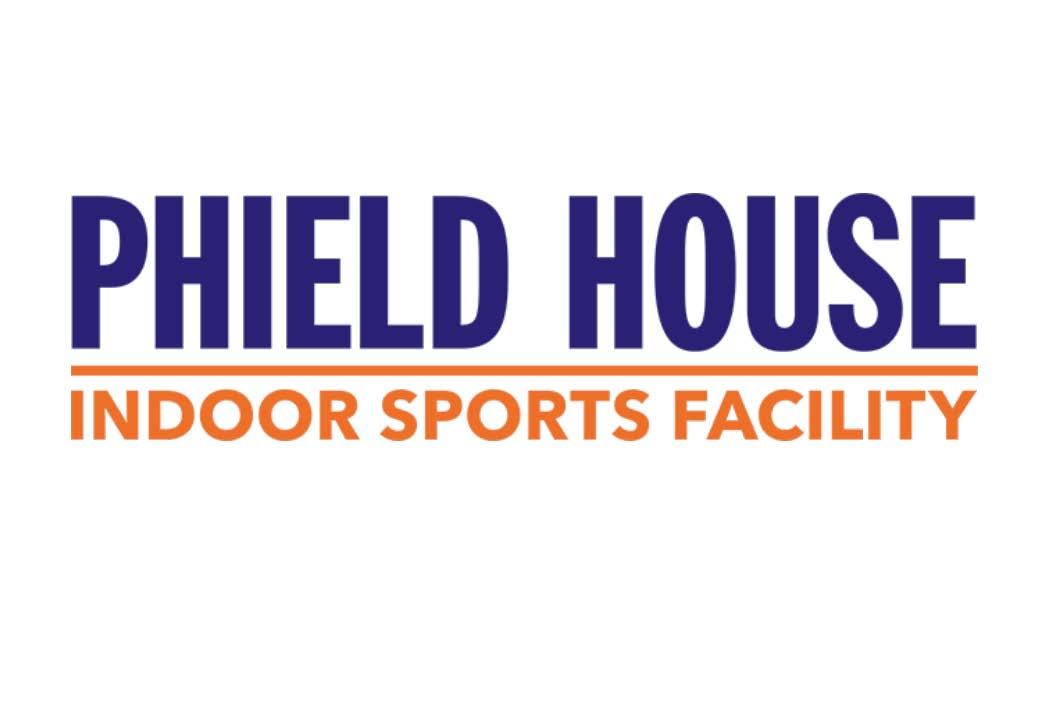
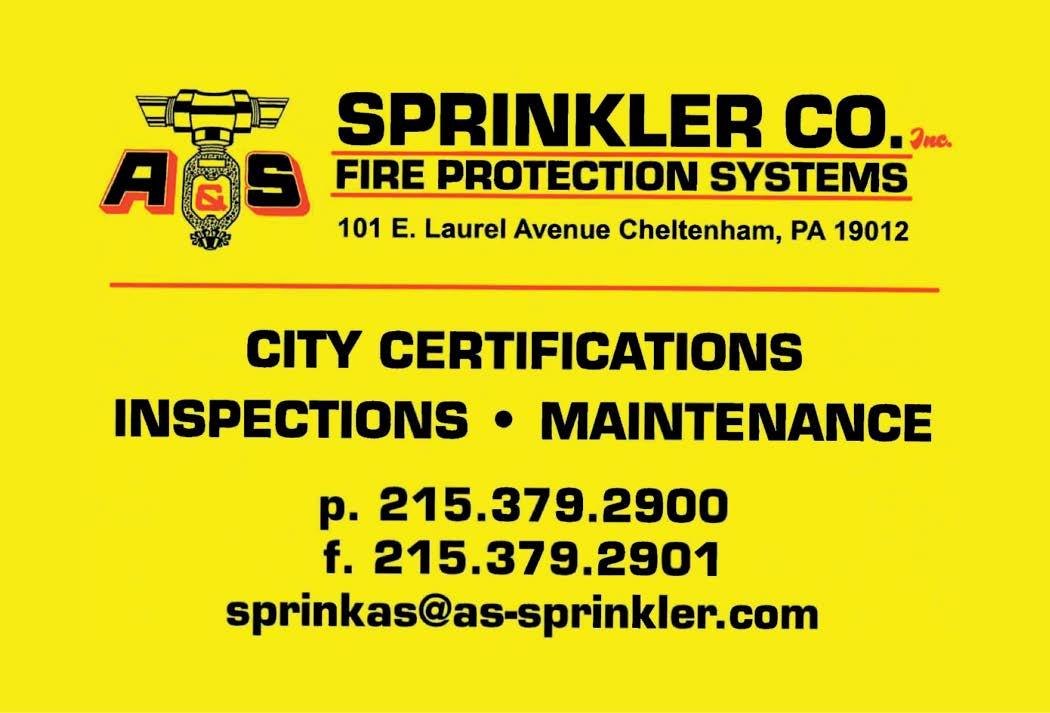
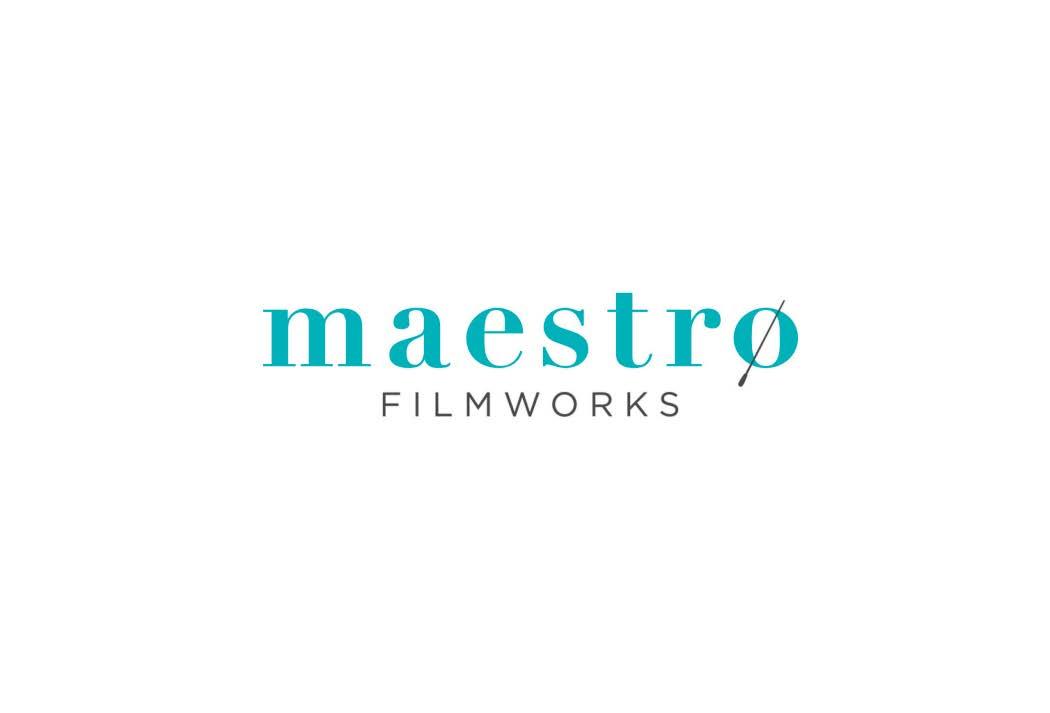
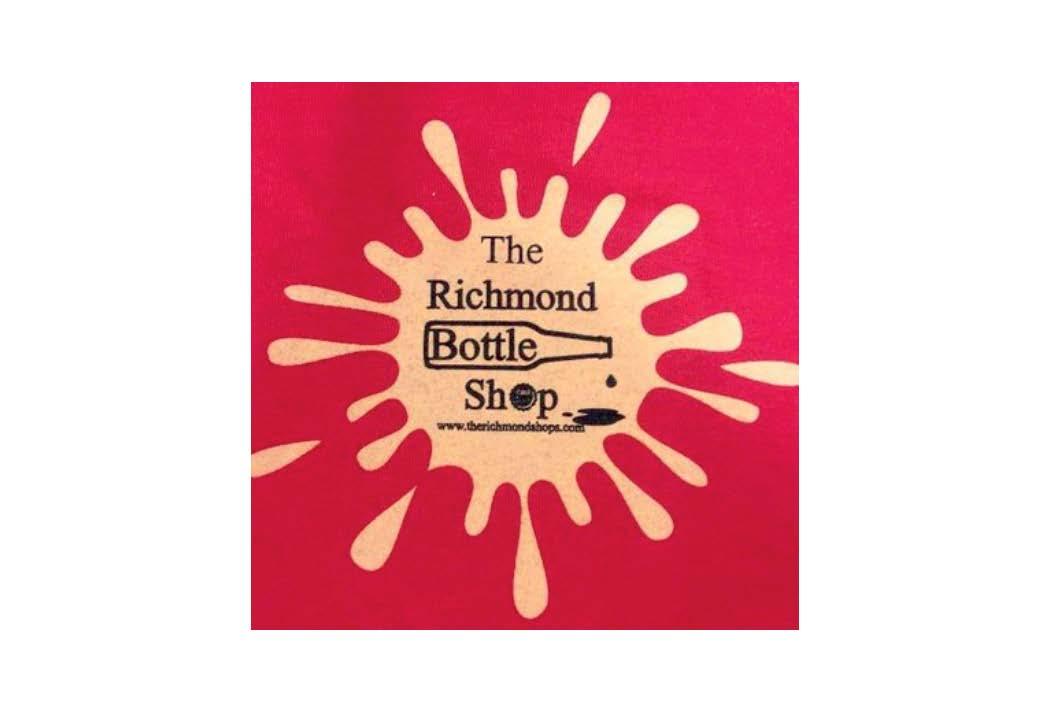
WERE THERE ANY SPECIFIC EXPERIENCES OR LESSONS FROM YOUR TIME AS A STUDENT AT TPS OR OTHER SCHOOLS THAT INFLUENCED YOUR ENTREPRENEURIAL ENDEAVORS?
“I I also recall the Mission to Mars in Junior Unit (my 5th grade year), as well as the little books we used to make that were hand-crafted little stories in bound, painted pieces of cardboard in 1st and 2nd grade. These were complex projects that took individual conceptualization, creativity, teamwork, collaboration, and execution; all elements of being an entrepreneur. I truly believe those creative projects at TPS really helped me carve a path toward creative business thinking, and projectoriented collaboration.”
MIKE
“I remember the rock project (just like Scott). It was a long process that required planning and critical thinking. The process we took and the research we did helped me build the skills that use today in my business.”
ZACH
“From a very early age, was encouraged to think for myself. It wasn’t about getting the right answer, it was the path to find the answer and how to get there. I was taught how to be curious, to ask questions and to solve problems in a more systematic way.”
BEN
“One particular project was the study of rocks where we would go out to Shelly Ridge and Sycamore Farm and find rocks as well as study quarries and the rock formation cycle. I loved harvesting the rocks, writing about them and learning every aspect there was about rocks. was very invested in the project and now I appreciate that it taught me about pressure and time, which are two important things to manage in life, which has always stuck with me.”
SCOTT
“At TPS we went really deep into topics that were nontraditional for elementary schools. Teachers would encourage us to learn a lot about a specific topic, like space. I didn’t know anything about real estate development when I started, and that intensive style of learning was what I learned at TPS. I remember doing detailed research for our theme reports and the rock and leaf projects. Teachers were guides versus authoritative, and got to know them as people. We called our teachers by their first names, which helped us build a comfortable relationship with them. They inspired us to dream and that you could grow up and be anything you wanted. I know that TPS has inspired a lot of entrepreneurs and others to take non-traditional career paths.”
ABE
“ TPS influenced my thinking outside the box and also my pursuit of a degree in music from NYU. I kept changing my mind about my major, and wanted to explore my many interests. TPS also showed me the value of relationships with my teachers and how to have a strong relationship with an adult. Additionally, project based learning allowed me to see how an idea can become a reality, instead of just talking about it. Now I understand the value of learning by doing and through experiences.”
CAITLINWHAT WERE SOME OF THE BIGGEST CHALLENGES YOU FACED WHEN STARTING YOUR BUSINESS, AND HOW DID YOU OVERCOME THEM?
“I have started two companies. The first was Fame House, one of the first businesses to combine social media and digital marketing with e-commerce and merchandise services. We ended up going through two different acquisitions after growing rapidly, that ended with Universal Music Group. The challenge with that first business was I had never built something on my own before, and I had never scaled something before. Learning on the go when you’re scaling something that large is difficult, you have to learn from mistakes and implement fixes very quickly. I was lucky to have an incredible team around me. I was able to take those learnings and start my current business, Mainfactor in 2020. Although the business has taken a few twists and turns, we are again focused on entertainment, and the company is again growing and working with big names in music and entertainment. You have to adapt quickly and know when to pivot as an entrepreneur. This is probably the hardest thing to learn, because sometimes what you set out to do has to evolve and change, whether you like it or not. The second time around with Mainfactor, I am much more efficient with decision making, but I also have two kids, so I have time for my business. The difficulty of being an entrepreneur at different stages of life is all relative. Again, I can honestly say I believe TPS has been with me through my entire journey.”
MIKE
“One of the biggest challenges for any business is figuring out what people want and need. You have to sell something that customers want and know how to adapt. They can’t always articulate their exact needs, but you need to keep iterating and getting better through design thinking. Hot Plate started as a simple free product where customers would give us their spreadsheet of orders. By July 2021 after learning with our initial set of users we had v1 of Hot Plate. We raised a seed round in 2021 with 20 active businesses on our platform. We continued to raise money to grow the business and improve our platform. We knew that to grow our business we needed to be in the tech community and moved to San Francisco. Since then our business has grown exponentially.”
BEN
“The hardest thing about having your own business is being willing to go out on your own, take risks, and maintain personal conviction. You have to be ready to face adversity every day and persevere no matter the circumstances. We have faced many challenges over the years, but we learn and grow from each of them.”
ZACH
“Some of the biggest challenges I’ve faced include learning the seasonal flow of demand, networking and outreach. One thing I am trying to be better at is looking at challenges or mistakes as learning experiences and problem solving opportunities.”
CAITLIN
WHAT ADVICE WOULD YOU GIVE TO CURRENT STUDENTS OR ASPIRING ENTREPRENEURS WHO ARE LOOKING TO FOLLOW A SIMILAR PATH?
“Take risks, but make sure they are calculated. Follow your heart, but also follow your head. If you know you want to do something, and the formula for success is possible, go for it.”
MIKE
“The biggest concern I had in my career was failure. Not being able to meet payroll or your hopes and dreams for your business crashing down. My advice is that instead of burying the emotion, you need to leverage that fear to help create vision for the future. Don’t be afraid to fail. Seek advice from mentors and surround yourself with those that are better than you.”
SCOTT
“No matter what you want to do, make sure it’s something that you have a love and passion for. If you don’t love what you’re doing and are motivated by the mission and goals of the organization, then you’re never going to be able to do everything you can to make it succeed. Focus on building something that people want and that you believe in.”
BEN
“How to Win Friends and Influence People is a book that I’ve read multiple times and has helped guide me as an entrepreneur. Anytime I come upon challenges refer back to that book. ”
ZACH
“Do every aspect of the business, know every job within the business. Even if you think this work to be menial, it will benefit you so much down the road. There are no shortcuts. There are more years to start your own business in the future, and don’t rush into it too young. The best thing about my life is that I am still friends with and talk to the people went to TPS with, every week. So many of them are business owners, and we have the freedom to be together because we have the ability to manage our own schedules. Being a Philadelphian, traveling in the city on buses, seeing people in the city was central to me finding my calling within the real estate. Being an active citizen.”
ABE
IS THERE ANYTHING ELSE YOU’D LIKE TO SHARE?
“I’ll also say I’m proud of my son Alden, who is just completing seventh grade at TPS. He is incredibly kind, patient and inclusive which speaks to TPS’s teaching philosophy. The school helped him find a love for managing sports teams and he loves helping behind the scenes, including making hype videos for the basketball team. He already has an entrepreneurial spirit inside of him.”
SCOTT
“I want to say hello to my friend Orli who will begin preschool at TPS next year. She is the daughter of my friend Laura (Bottaro ‘02), and I’m excited to have the opportunity to see the next generation of TPS students have the same opportunities that we did.”
ZACH
“It’s very sweet how much people love my mom (Maureen Glaccum) . It feels like being a celebrity’s daughter sometimes. She’s touched a lot of lives. I was in kindergarten in 1991, and she started at TPS the following year, teaching first and second grade. When I entered middle school, I realized that I didn’t want my mom at TPS anymore as people were telling secrets and they were afraid to tell me the secrets because my mom was a teacher. Other than that, it was a gift to go to school with my mom.”
CAITLIN
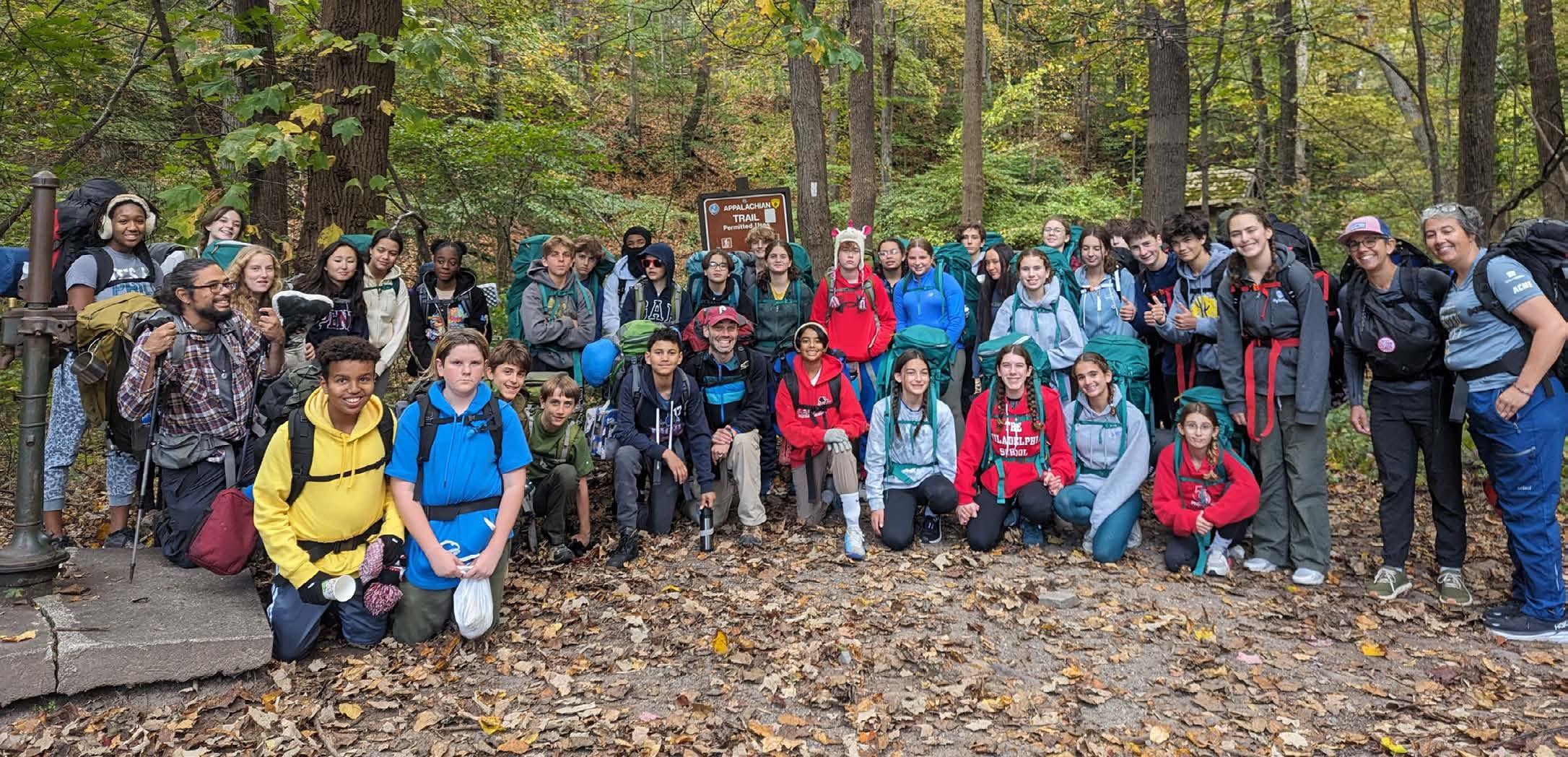
OLIVER CHRISTIAN AMMON
ISABEL JANAN AVCI
MARSDEN EDWARD MICHAEL
BARBIERI
EDWARD HENRY BERMAN
ARI RAPHAEL BLOCK
ELEONORA SERAFINA BOGONI
MILES COLE FINNEY
SAMANTHA KAHN FISCHER
JAYE KAHN FISCHER
AVA ELISE FRAYMAN
GEORGIA KATE FREEMAN
VIOLET PHOENIX GARCIA-WONG
CHARLES ANTHONY GIAMPETRO
NOLAN GIBSON
LYLA TAMAR HAREL
DASHEL HISTAND
JOELY ELOISE KAPLAN
OLIVE ANNA KATZENBACH
NOAH GORDON KLEHR
OWEN HENRY MAGGIONE
ISAAC WILLIAM MCKAY
ADDISON FAITH MCKENNA
YAPHET SILESHI MESHESHA
MADELINE LORRAINE ORR
JURNI OUTLAND-LONG
JAI KOFI PERRY-PEREIRA
CHARLIE PHILBRICK
AMEYA PUNATHAMBEKAR
STELLA JULIET METHLIE REICHGOTT
ALEJANDRO JOSUÉ ROBINSON
MIRIAM BROOKE SAWYER
IVY LISETTE SCHAENEN
ELLIOT L. SELVIN
MELODIE HANEUL SUN
SELA TODMAN MOORE
MAIA TODMAN MOORE
ABINGTON FRIENDS SCHOOL
CENTRAL HIGH SCHOOL
FRIENDS’ CENTRAL SCHOOL
FRIENDS SELECT SCHOOL
GERMANTOWN FRIENDS SCHOOL
THE MADEIRA SCHOOL
MOUNT SAINT JOSEPH ACADEMY
PALUMBO HIGH SCHOOL
SAINT JOSEPH’S PREPARATORY SCHOOL
SCIENCE LEADERSHIP ACADEMY
SHIPLEY SCHOOL
SPRINGSIDE CHESTNUT HILL ACADEMY
THE WHEELER SCHOOL
WILLIAM PENN CHARTER
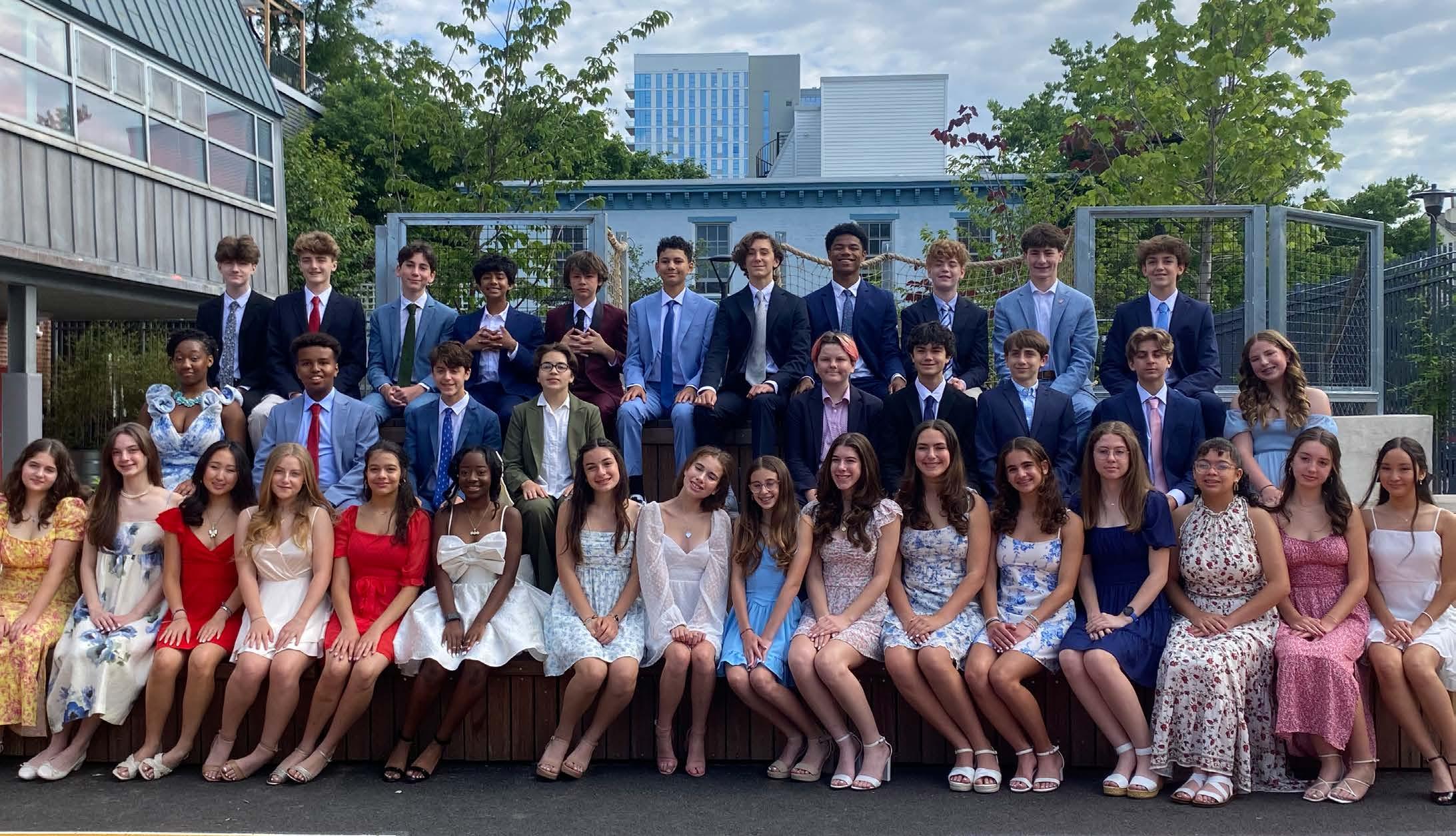
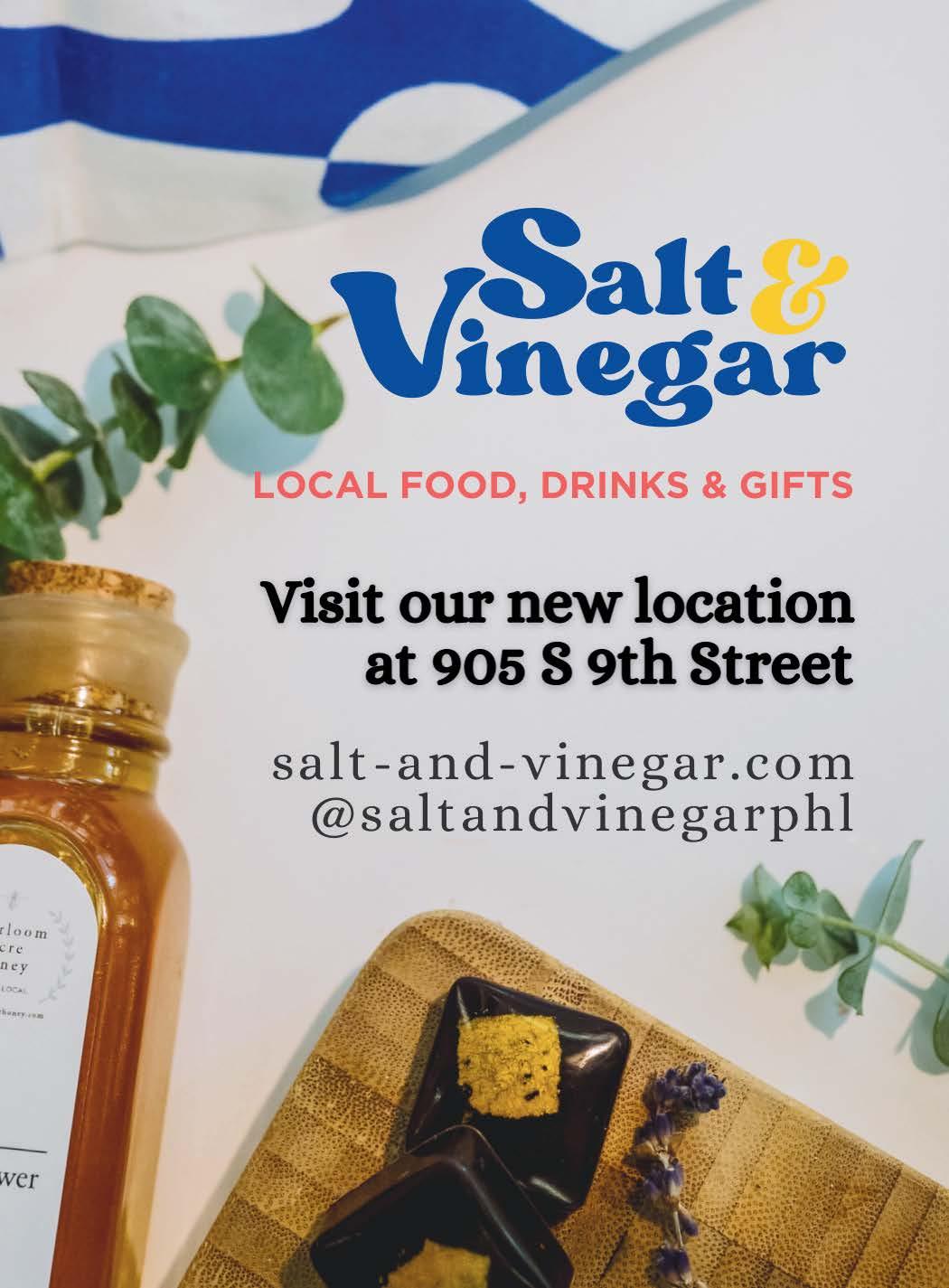
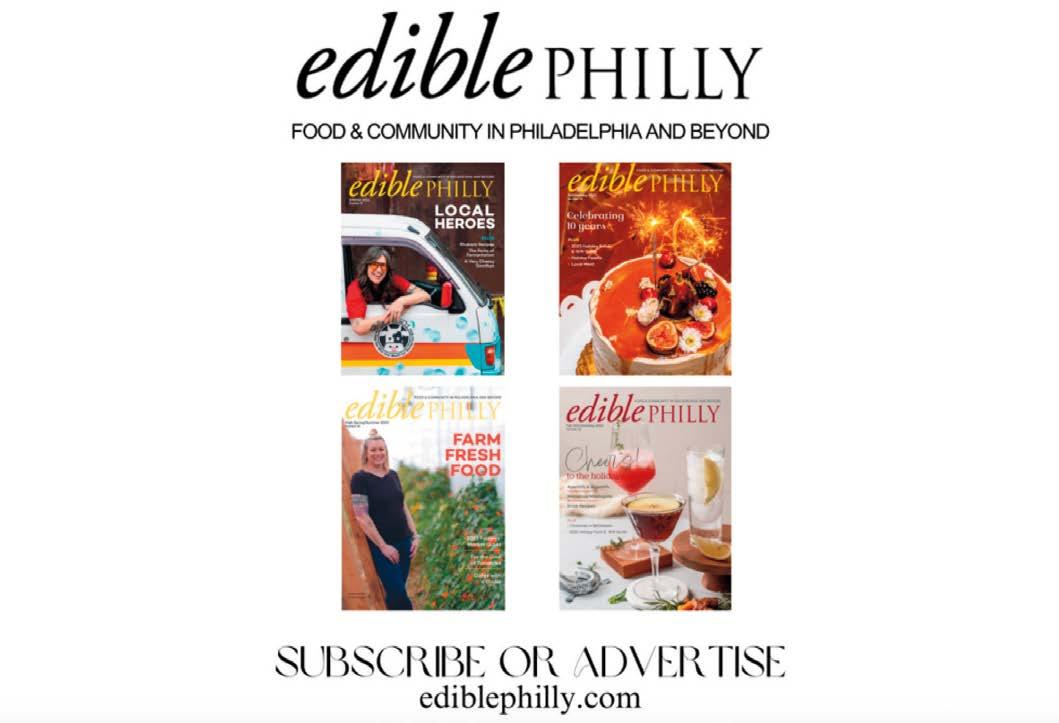
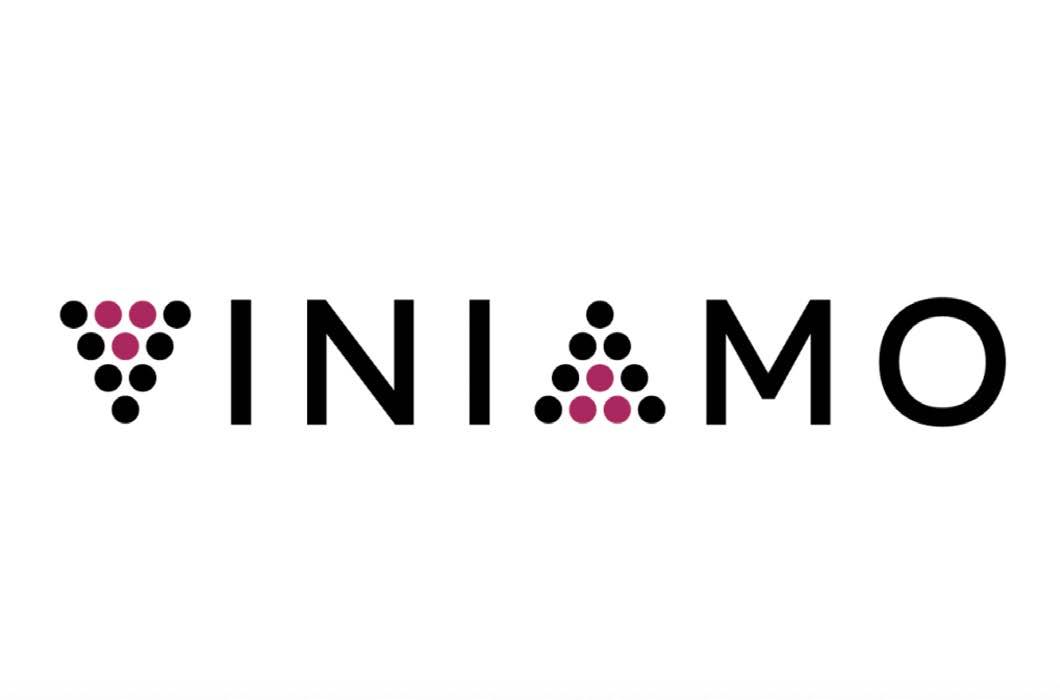

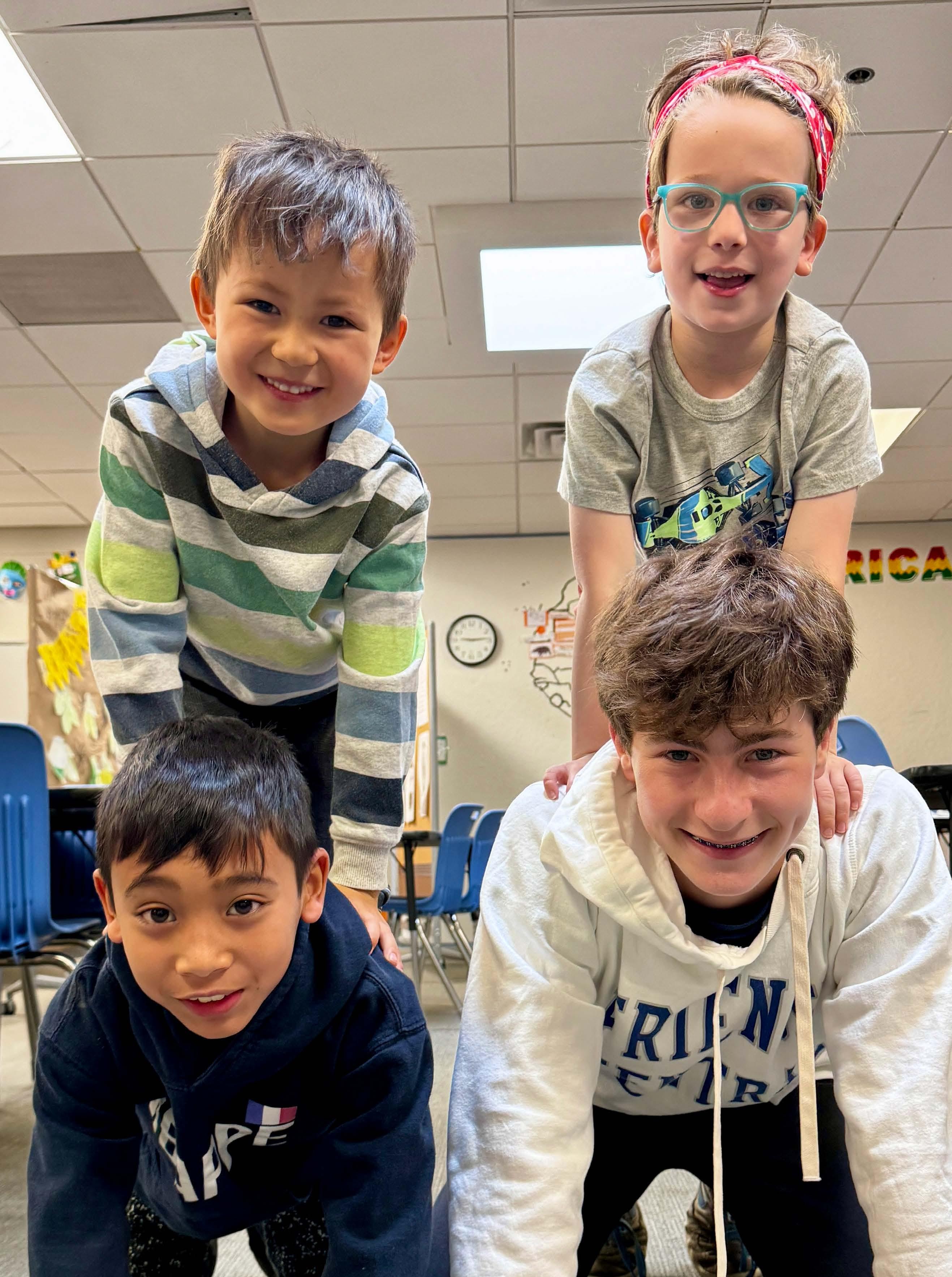
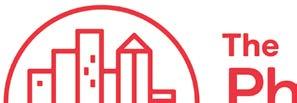
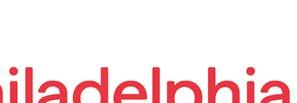

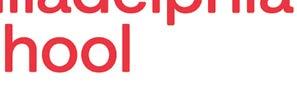
2501 Lombard Street Philadelphia, PA 19146
MISSION
The Philadelphia School educates children for a future that is impossible to know but not impossible to shape. Learn here. Go anywhere.
ARE OUR RECORDS CORRECT?
If you’re receiving this magazine in error, extra copies of the magazine, or have noticed a misspelling or error in your name, please let us know! Email all updates to advancement@tpschool.org.